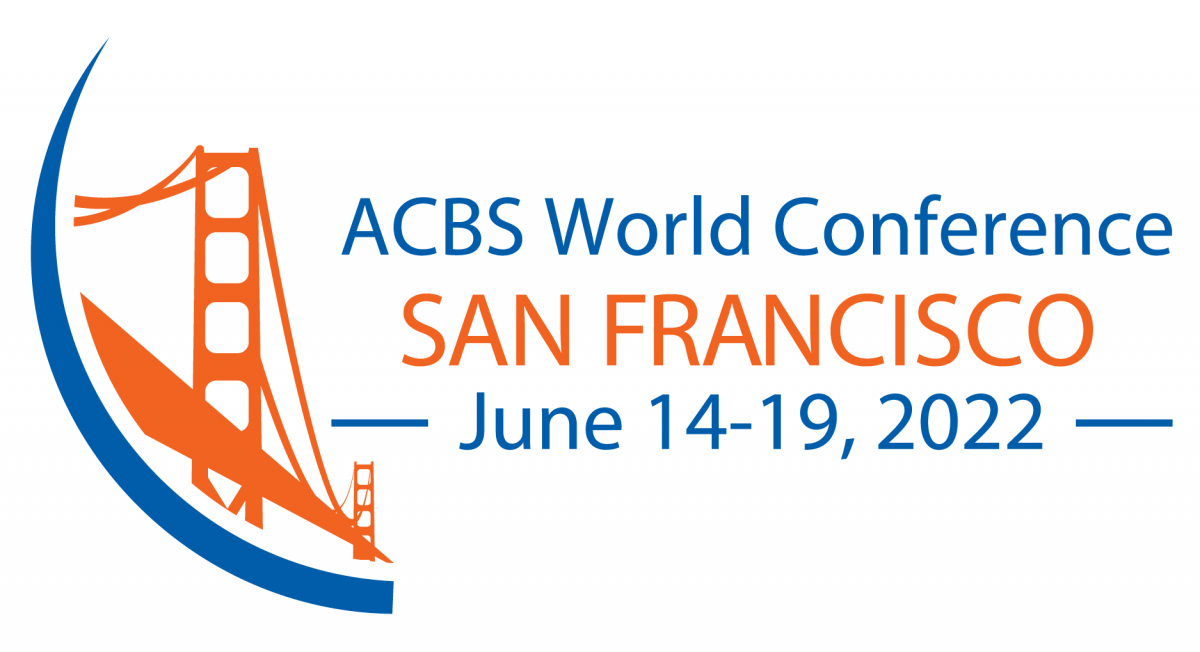Pre-Conference Workshops for WC2022
Pre-Conference Workshops for WC2022What to Expect
The 2022 Pre-Conference Workshops offer exciting new opportunities that will engage therapists and researchers of any skill level. Combining therapy role-plays, experiential exercises, case presentations, data graphics, focused lectures, and small group discussions, you can expect high-quality training from ACBS Pre-Conference Workshops. Continuing Education credits are available.
When & Where?
There will be virtual (June 4-5, morning or afternoon) and in-person (June 14-15) workshops available.
ACBS Pre-Conference Workshops - VIRTUAL Event (June 4-5, 2022)

Lisa Coyne, Ph.D., Carlos Rivera, Ph.D.
(Clinical; Beginner, Intermediate, Advanced)
(Clínico; Nivel principiante, Nivel intermedio, Nivel avanzado)
*Taller impartido en inglés. Habrá traducción simultánea al español disponible.*
Staci Martin Peron, Ph.D., Amanda Rhodes, Psy.D.
(Clinical; Intermediate, Advanced)
Dennis Tirch, Ph.D., Laura Silberstein-Tirch, Psy.D., Paul Gilbert, Ph.D., OBE
(Clinical; Beginner, Intermediate, Advanced)
Luisa Cañon, Psy.D., BCBA-D
(Clinical, Applied (in non-clinical settings); Beginner, Intermediate)
Kate Kellum, Ph.D., BCBA-D, Troy DuFrene, M.A., Heather Garnos, M.S.
(Clinical; Beginner, Intermediate)
Sarah Sullivan-Singh, Ph.D., Mary P. Loudon, Ph.D., Mavis Tsai, Ph.D., Barbara Kohlenberg, Ph.D.
(Clinical; Beginner, Intermediate, Advanced)
ACBS Pre-Conference Workshops - IN-PERSON Event (June 14-15, 2022)
These workshops will be held the two days immediately preceding the ACBS World Conference 2022.
Tuesday, June 14, 2022 from 9:00 a.m. to 5:00 p.m.
Wednesday, June 15, 2022 9:00 a.m. to 5:00 p.m.
(12.5 total contact hours)
They will be held at the San Francisco Hilton Union Square in San Francisco, USA.
Matthew Boone, LCSW, Rajinder (Sonia) Singh, Ph.D.
(Clinical; Beginner, Intermediate, Advanced)
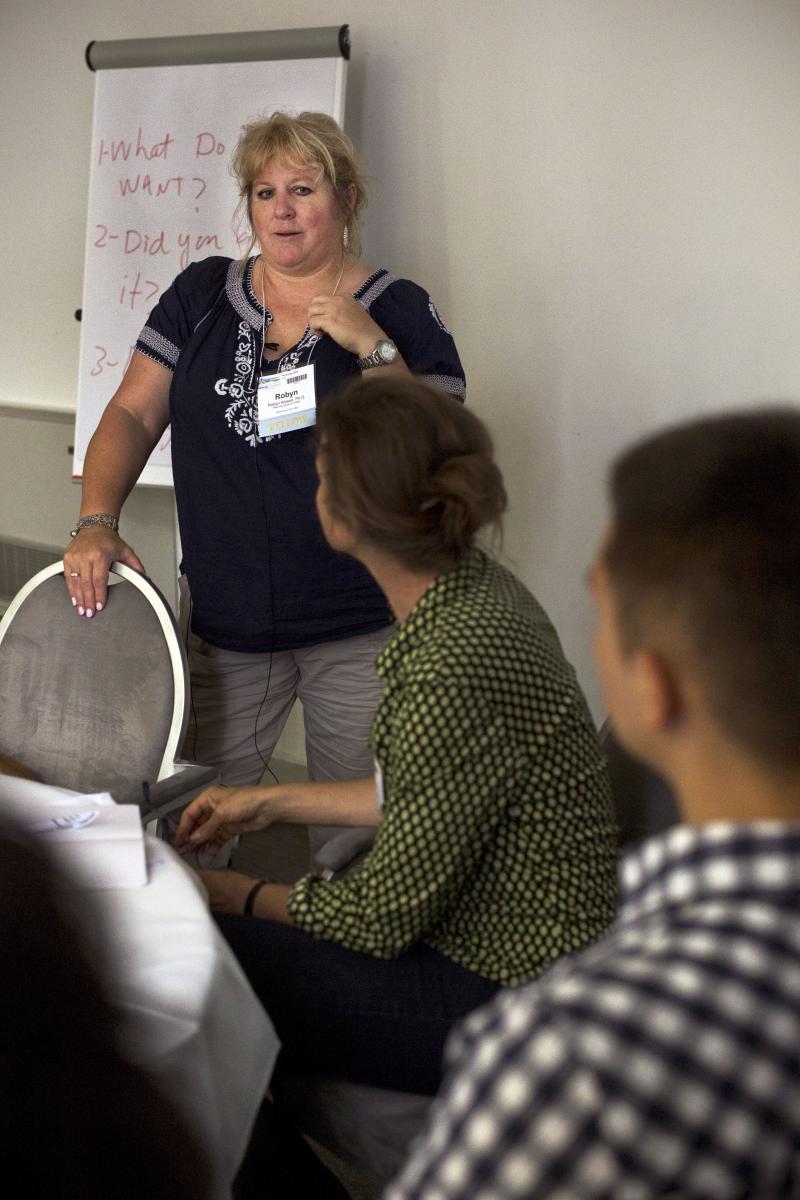 Louise Hayes, Ph.D.
Louise Hayes, Ph.D.
(Applied (in non-clinical settings); Intermediate)
Robyn L. Gobin, Ph.D., Daniel C. Rosen, Ph.D.
(Clinical, Research; Beginner, Intermediate, Advanced)
Maria Karekla, Ph.D., Louise McHugh, Ph.D.
(Clinical, Research, Applied (in non-clinical settings); Intermediate, Advanced)
Siri Ming, Ph.D., BCBA-D, Evelyn Gould, Ph.D., BCBA-D, Julia Fiebig, Ph.D., BCBA-D
(Clinical, Applied (in non-clinical settings); Intermediate, Advanced)
Robyn Walser, Ph.D.
(Clinical; Intermediate, Advanced)
Additional information about registrations, refunds, etc., can be found here.
WC2022 Pre-Conference Workshops Registration
WC2022 Pre-Conference Workshops Registration
VIRTUAL Pre-Conference Workshop Rates (June 4-5, 2022)
This event has concluded, thank you for joining us!
IN-PERSON Pre-Conference Workshop Rates (June 14-15, 2022)
This event has concluded, thank you for joining us!
Click here for more information about Conference registration rates.
Please Note:
- Additional fees are required for certificates that track the number of hours you attended ($12) and CE credits ($65). These fees cover all eligible sessions from June 4-19, 2022, and their recordings.
- All rates in US Dollars.
- We apologize that we may not be able to accommodate special meal requests (gluten free, vegan, allergies, etc.) for registrations received after May 26, 2022.
- To register via Mail or Fax, or pay via PayPal, please use the Printable Version: DOC or PDF.
- Formulario de registro en español disponible aquí: DOC o PDF.
- Faxed (1 (225) 302-8688) or mailed registrations must be received at P.O. Box 655, Jenison, MI, 49429, USA, by June 3, 2022.
-
All attendees to the in-person conference must be “fully vaccinated.” Go here to find more information and submit proof of vaccination via a webform prior to arriving in San Francisco.
- NEED HELP? If you're having trouble registering, please email Abbie at [email protected]
Member Rate Qualification
- Registration rates apply as you register. Subsequent memberships do not qualify those already registered for a refund of the difference between the member and non-member rates. The same is true for students, or other similar status and discounts, unless a full cancellation and refund are issued, and prevailing rates apply.
- Affiliate members (or non-members who are not professionals or students) may register at the professional rate. If you are currently receiving mental health care we encourage you to talk to your provider about the utility of this conference for you, prior to registering.
- Student Registration/Membership is available to individuals who are enrolled in a program of study leading to a bachelor’s, master’s, or doctoral degree, are interns, or are postdoctoral candidates. Postdoctoral candidates qualify for Student Registration for up to 2 years, with proof of status from their employer. After this time, they need to register as a Professional. Note: Those registering for the conference as a student are ineligible to earn any kind of CE credits.
We regret that after May 26, refunds cannot be made, however we will allow a substitute registrant (they can receive access and a certificate in their name). If you need a refund, please contact us via email. (Note: Shared registrations are not permissible... meaning that you can't attend one day and your colleague the next, etc.) No refunds will be granted for no-shows.
It is the responsibility of the registrant to make sure that they have received information related to virtual conference access. If you are registered and do not receive an email granting you pre-conference access (as appropriate) by the morning of June 3, 2022, please contact [email protected].
Cancellation of Pre-conference registration must be submitted in writing via email and must be dated on or before 5:00 p.m. Pacific Daylight Time, on May 26, 2022 to [email protected] to receive a refund minus a $50 USD registration cancellation processing fee.
Changes from in-person registration to virtual registration prior to May 26 incur a $25 registration cancellation processing fee.
We regret that after May 26, full refunds cannot be made, however we will allow:
-
A substitute registrant (they can receive access and a certificate in their name). If you need to make a substitution, please contact us via email. (Note: Shared registrations are not permissible... meaning that you can't attend one day and your colleague the next, etc.); or
-
If you are ill or have been in contact with someone who is ill, you may contact us (by June 14 at the latest) and we will waive the registration cancellation processing fee, and refund your pre-conference registration. Please be prepated to show documentation of illness or contact, if requested.
-
No refunds will be granted for no-shows.
Photographs/Video:
ACBS intends to take photographs and video of this event for use in ACBS newsletters and promotional material, in print, electronic and other media, including the ACBS website and social media accounts. By participating in this event, I grant ACBS the right to use any image, photograph, voice or likeness, without limitation, in its promotional materials and publicity efforts without compensation. All media become the property of ACBS. Media may be displayed, distributed or used by ACBS for any purpose.
Attendees of the World Conference or Pre-Conference Workshops are not permitted to audio or video-record sessions without the express written permission of ACBS.
If you have any concerns regarding the media policy, please feel free to contact us.
Waiver of Liability:
As a condition of my participation in this meeting or event, I hereby waive any claim I may have against the Association for Contextual Behavioral Science (ACBS) and its officers, directors, employees, or agents, or against the presenters or speakers, for reliance on any information presented and release ACBS from and against any and all liability for damage or injury that may arise from my participation or attendance at the program. I further understand and agree that all property rights in the material presented, including common law copyright, are expressly reserved to the presenter or speaker or to ACBS. I acknowledge that participation in ACBS events and activities brings some risk and I do hereby assume responsibility for my own well-being. If another individual participates in my place per ACBS transfer policy, the new registrant agrees to this disclaimer and waiver by default of transfer.
ACTivating Health: A Skills Building Workshop to Help People with Chronic Medical Conditions
ACTivating Health: A Skills Building Workshop to Help People with Chronic Medical ConditionsACTivating Health: A Skills Building Workshop to Help People with Chronic Medical Conditions
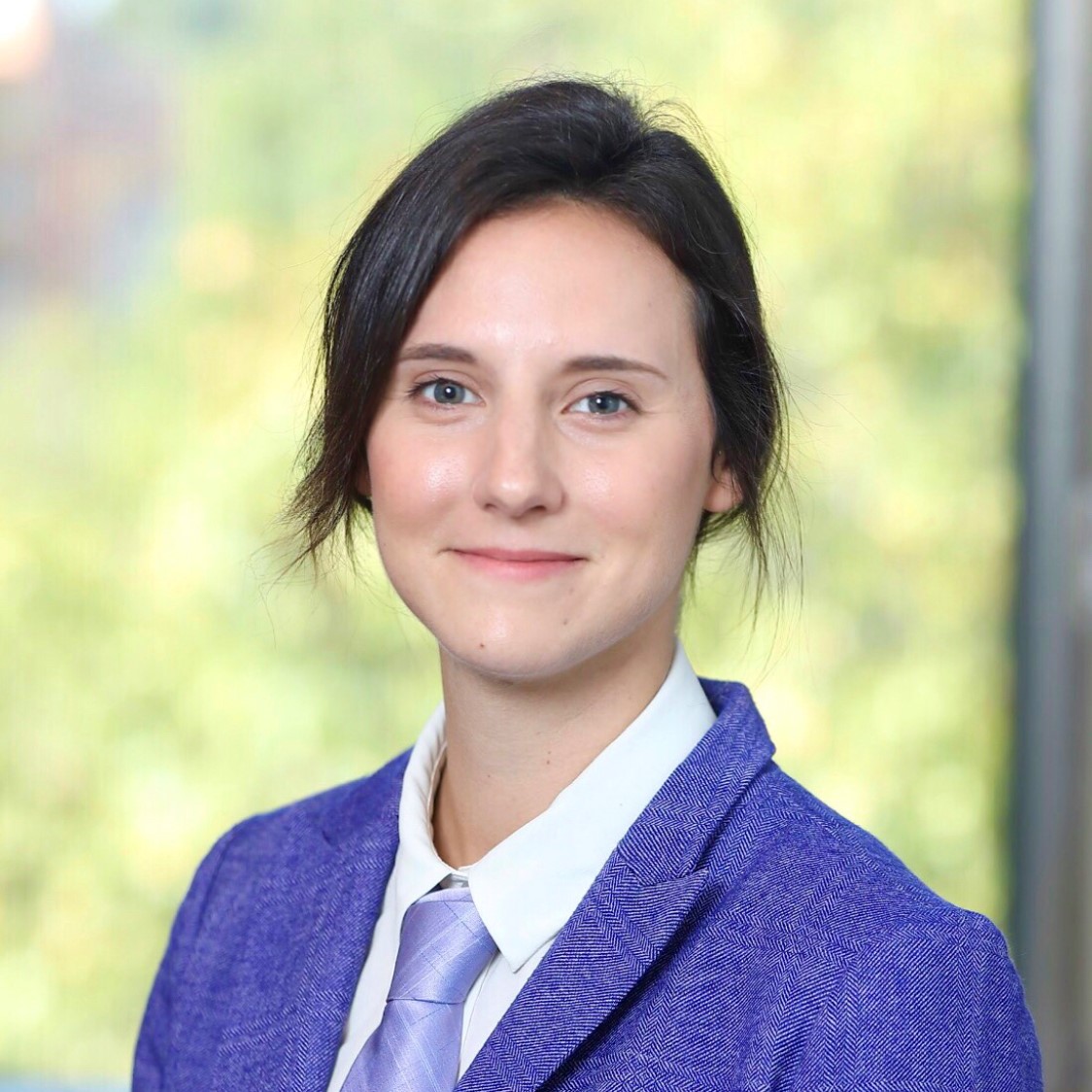
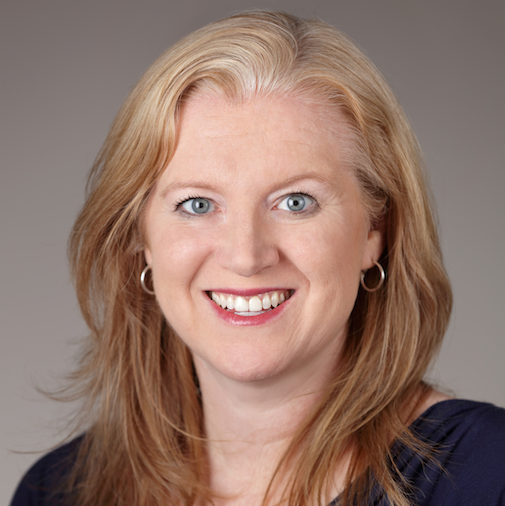
Amanda Rhodes, Psy.D.
Sunday, June 5, 2022 - 8:00 a.m. to 12:00 p.m. UTC/GMT -7 (Pacific Daylight Time)
Over the past decade, scores of articles have been written on the benefits of Acceptance and Commitment Therapy (ACT) for individuals with various medical conditions. Dr. Staci Martin and Dr. Amanda Rhodes are clinical health psychologists at the National Institutes of Health (Greater Washington DC, USA), who are dedicating their careers to studying and applying contextual behavioral science with those experiencing acute and chronic illness.
Undoubtedly, many clients will directly experience a health-related issue during the therapeutic course. These individuals often invest much of their energy towards controlling their symptoms and tend to avoid meaningful activities. This interactive workshop combines didactic (30%) and experiential (70%) methods and is designed for practitioners familiar with the basic tenets of ACT. Drs. Martin and Rhodes will harness their combined knowledge and expertise from decades of experience imbedded in the medical field to teach attendees how to use the power of language and experiential learning to target health behavior change such as increasing daily functioning (work/school, physical activity, social activities, pain coping) and health-promoting behaviors (medication adherence, nutrition, exercise, smoking cessation, and sleep).
Attendees will learn functional behavioral analysis, case conceptualization, watch the presenters role-play, and engage in plenty of small group practice. Through participating in this workshop, attendees will take away new contextual-behavioral perspectives on acute and chronic health issues plaguing many clients, a host of handouts and materials to use in their continued work, and the ability to conceptualize and intervene in real time. Specific modules in this workshop will focus on tailoring this work for people from diverse and under-represented backgrounds, including cultural adaptations of ACT metaphors, modifying interventions to fit the specific developmental needs of children and adolescents, and shaping crucial experiential exercises for individuals with physical disabilities. Finally, given the increasing relevance of e-health interventions, attendees will master how traditional ACT techniques can be conducted effectively in a remote context.
About Staci Martin Peron, Ph.D.:
Staci Martin, Ph.D., is a clinical psychologist with specialized expertise in Acceptance and Commitment Therapy (ACT). She is the President Emeritus of the Mid-Atlantic Chapter of the Association of Contextual Behavioral Science (ACBS), Past President of the ACBS Pain Special Interest Group, and a member of the ACT for Health and CBS and Cancer SIGs. She also is an associate editor of the Journal of Contextual Behavioral Science (JCBS). Dr. Martin routinely conducts trainings for mental health and medical providers on ACT and mindfulness and has presented her work to medical patients at conferences in multiple countries.
Dr. Martin is a Senior Associate Scientist in the Pediatric Oncology Branch (POB) of the National Cancer Institute (NCI), and the Clinical and Training Director of the Health Psychology and Neurobehavioral Research Program. Currently, she is the Principal Investigator of studies examining the effectiveness of Acceptance and Commitment Therapy for adolescents and young adults with Neurofibromatosis Type 1 (NF1) and chronic pain, a mindfulness-based intervention for children with high-risk cancers and their caregivers, and a study of medication adherence for patients on NF1 clinical trials. She routinely conducts therapy with medical patients ranging from children to adults. In addition, she co-chairs the POB’s Diversity Working Group aimed at addressing diversity-related issues in the workplace.
About Amanda Rhodes, Psy.D.:
Amanda Rhodes, Psy.D. is a clinical health psychologist and early career researcher at the National Institutes of Health (USA). Dr. Rhodes specializes in researching and applying acceptance- and mindfulness-based interventions, including ACT, with pediatric and adult populations experiencing chronic illness and pain. She is also trained in psychological assessment of individuals with medical conditions. At the NIH, Dr. Rhodes’ specific work includes ongoing collaborative protocols investigating ACT for sleep disturbance in sickle cell disease; physical activity for late cognitive effects in pediatric brain tumor patients; diet and exercise changes to the gut microbiome and response to immunotherapy; and medication adherence in NF1. She provides trainings and workshops on ACT for chronic illness, conducts neurocognitive assessments, and provides therapeutic services across institutes. Dr. Rhodes has published articles in peer-reviewed scientific journals and presented at international conferences on her research and expertise in clinical health psychology and contextual behavioral science. She currently serves on the Board of Directors for the Association for Contextual Behavioral Sciences (ACBS) Mid-Atlantic Chapter and the ACBS Cancer SIG. She is also the Chair of the ACBS Pain SIG Research committee, Chair of the POB’s Diversity Working Group Education and Training subcommittee, and Co-Leader of the Response Assessment in Pediatric Neuro-Oncology (RAPNO) Neuropsychological Assessment subcommittee. In addition, Dr. Rhodes has a secondary appointment as a clinical assistant professor of psychology at the George Washington University.
Learning Objectives:
Following this workshop participants will be able to:
- Conceptualize how individuals with chronic health conditions use avoidance and fusion in the context of their illness
- Respond effectively to avoidance and fusion in clients with health conditions
- Describe one research finding relevant to ACT for chronic pain
- Employ at least two ACT interventions for clients with chronic pain
- Explain how self-compassion work is relevant in individuals with chronic health conditions
- List two techniques that can be used to illustrate ACT processes effectively via telehealth
- Describe how self-as-context techniques can help broaden the identity and behavioral repertoires of people with medical conditions
- Design two culturally-sensitive health metaphors for under-represented minority populations
- Modify two ACT interventions for children and young adults
- Explain how mindfulness can affect the central nervous system
Target Audience: Intermediate, Advanced, Clinical
Components: Conceptual analysis, Experiential exercises, Didactic presentation, Case presentation, Role play
Package Includes: A general certificate of attendance
Acceptance and Commitment Therapy (ACT) for Children, Adolescents, and Parents: Shaping Psychological Flexibility
Acceptance and Commitment Therapy (ACT) for Children, Adolescents, and Parents: Shaping Psychological FlexibilityAcceptance and Commitment Therapy (ACT) for Children, Adolescents, and Parents: Shaping Psychological Flexibility
Terapia de Aceptación y Compromiso (ACT) para Niños, Adolescentes, y Padres; Moldeando la Flexibilidad Psicológica
*Taller impartido en inglés. Habrá traducción simultánea al español disponible.*
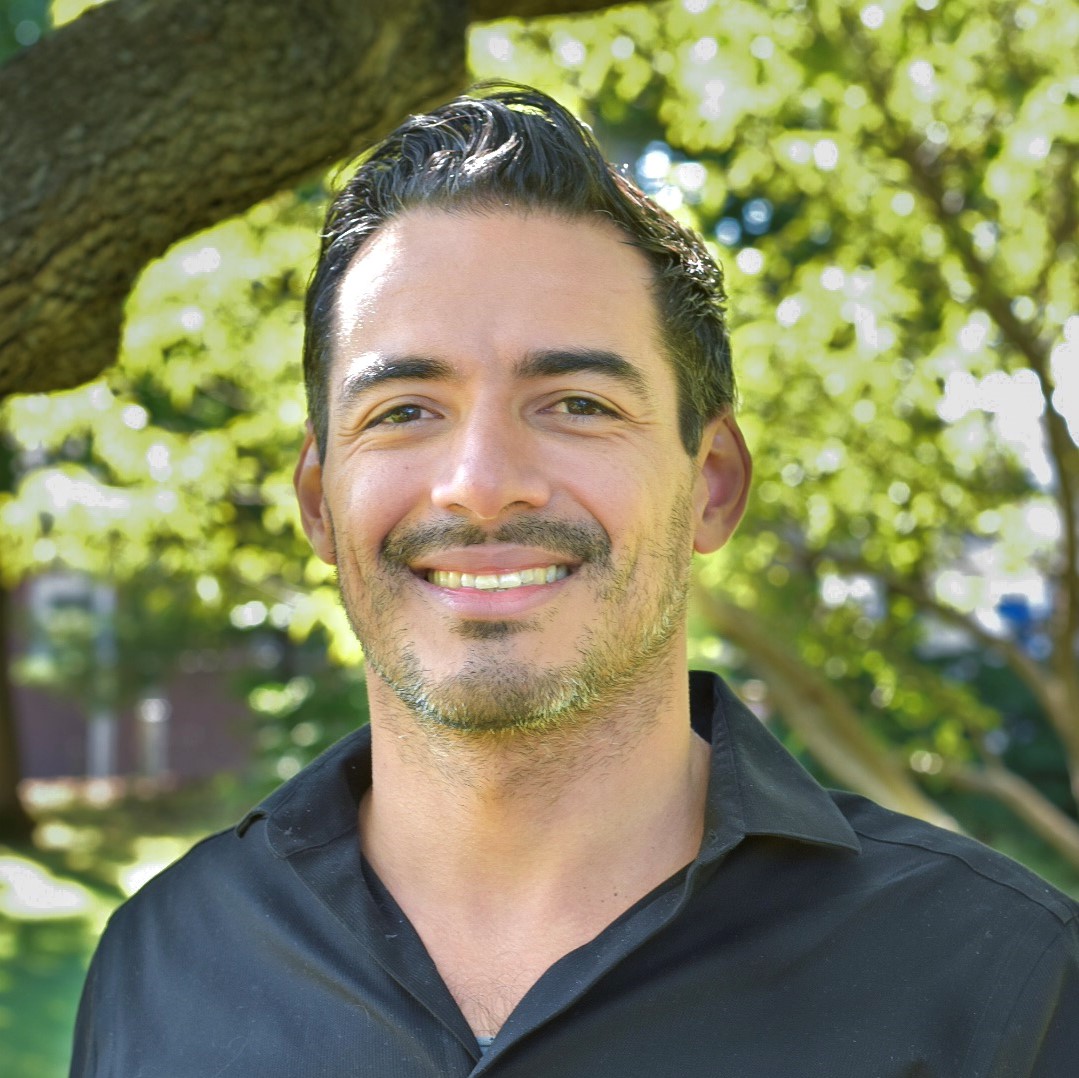

Carlos Rivera, Ph.D.
Sunday, June 5, 2022 - 8:00 a.m. to 12:00 p.m. UTC/GMT -7 (Pacific Daylight Time)
Children and adolescents who struggle with avoidance-based disorders need extra support to develop effective and flexible behavior that helps them build lives that they value. This workshop will provide an overview of ACT for children and adolescents with a focus on the DNA-V model to support the development of psychological flexibility. Participants will learn how to shape perspective-taking skills and discovery behavior that will support trial and error learning to encourage optimal adaptation and coping with a variety of different contexts. The presenter will provide opportunities for skills practice through small groups activities and role plays. Specific attention will be paid to internalizing versus externalizing disorders and developmental issues.
Los niños y adolescentes que luchan con trastornos basados en la evitación necesitan un apoyo adicional para desarrollar un comportamiento eficaz y flexible que que les ayude a construir una vida que valoren. Este taller proporcionará una una visión general de ACT para niños y adolescentes con un enfoque en el modelo DNA-V para apoyar el desarrollo de la flexibilidad psicológica. Los participantes aprenderán a formar habilidades de toma de perspectiva y comportamiento de descubrimiento que que apoyen el aprendizaje por ensayo y error para fomentar la adaptación y el afrontamiento óptimo en una variedad de contextos diferentes. Los presentadores ofrecerán oportunidades para practicar las habilidades a través de actividades en grupos pequeños y juegos de roles. Se prestará especial atención a los trastornos de interiorización y exteriorización y los problemas de desarrollo.
About Lisa Coyne, Ph.D.:
Dr. Coyne is the Founder and Senior Clinical Consultant of the McLean OCD Institute for Children and Adolescents at McLean Hospital and is an Assistant Professor at Harvard Medical School. She is the Founder and Executive Director of the New England Center for OCD and Anxiety (NECOA) and is Past President of the Association of Contextual Behavioral Science (ACBS). She is member of the Clinical and Scientific Advisory Board and is on the Faculty of the Behavior Therapy Training Institute (BTTI) of the International OCD Foundation (IOCDF). She is also a licensed psychologist, a peer-reviewed ACT trainer, and author. She has authored multiple articles and chapters on ACT with children and adolescents and is a co-author of the books Acceptance and Commitment Therapy: The Clinician’s Guide for Supporting Parents (Elsevier), and The Joy of Parenting (New Harbinger). Her new books, Stuff That’s Loud: A Teen’s Guide to Unspiralling When OCD Gets Noisy (New Harbinger & Little Brown), Stop Avoiding Stuff: 25 Microskills to Face Your Fears and Do It Anyway, were published in 2020.
About Carlos Rivera, Ph.D.:
Carlos E. Rivera Villegas, Ph.D. is a Clinical Psychologist and the Director of The New England Center for OCD and Anxiety, New York. His role includes providing individual, family, and group therapy to youth, adults, and parents; supervising students in training; and developing training programs for individuals and clinicians. Dr. Rivera Villegas specializes in the treatment of OCD and anxiety and related disorders such as Acceptance and Commitment Therapy (ACT) and Exposure and Response Prevention (ERP). His area of clinical and research interests include the development of acceptance- and mindfulness-based therapies, as well as their adaptation and dissemination to Spanish Speaking communities. Dr. Rivera Villegas completed his Ph.D. at Suffolk University in Boston and his clinical internship at Harvard Medical School/Cambridge Health Alliance. He has also worked and trained at places including The Child and Adolescent OCD Institute at McLean Hospital, The Center for Anxiety and Related Disorders at Boston University, and Boston Children’s Hospital. He is a member of the Association for Contextual Behavioral Science (ACBS), the National Latinx Psychological Association (NLPA), and the Massachusetts Psychological Association (MPA). He has worked with the Latinx communities for over the past fifteen years.
Learning Objectives:
Following this workshop participants will be able to:
- Describe a contextual behavioral approach to avoidance-based disorders of childhood
- Engage clients and their caregivers in effective rationales for treatment, based on a psychological flexibility paradigm
- Develop a therapeutic relationship characterized by acceptance, values, compassion and commitment, that supports the client in engaging in process-based contextual behavioral treatment
- Shape curiosity, willingness, flexibility, and valuing in children, teens, and parents
- Engage clients using valuing as action and direction to “contextualise” discovery behavior and place approach-based tasks under appetitive control
- Engage in useful discussion around developmentally sensitive ways to engage children, teens, and parents in treatment
- Prepare and utilize the process of a functional behavioural assessment and case conceptualization to develop a collaborative treatment plan with clients
- Use clinical RFT methods to enhance tracking and contact with contingencies to usefully explore discovery behavior
- Use clinical RFT methods to foster flexible perspective-taking to enhance engagement in treatment and promote functional senses of self
- Describe the DNA-V model and the three functional classes of behavior it addresses
Después de este taller, los participantes podrán:
- Describir un enfoque conductual-contextual para los trastornos basados en la evitación de la infancia
- Involucrar a los clientes y a sus cuidadores en la justificación efectiva del tratamiento basado en un paradigma de flexibilidad psicológica
- Desarrollar una relación terapéutica caracterizada por la aceptación, valores, compasión, y compromiso, que apoye al cliente en la participación del tratamiento conductual-contextual basado en el proceso
- Formar la curiosidad, la voluntad, la flexibilidad y la valoración en niños, adolescentes y los padres
- Involucrar a los clientes utilizando la valoración como acción y dirección para "contextualizar" la conducta de descubrimiento y poner las tareas de aproximación bajo control apetitivo
- Participar en un debate útil sobre las formas de involucrar a los niños, adolescentes y padres en el tratamiento, teniendo en cuenta su desarrollo
- Preparar y utilizar el proceso de una evaluación y conceptualización conductual-funcional del caso para desarrollar un plan de tratamiento colaborativo con los clientes
- Utilizar métodos clínicos de RFT para mejorar el seguimiento y el contacto con contingencias para explorar útilmente la conducta de descubrimiento
- Utilizar los métodos clínicos de RFT para fomentar la toma de perspectiva flexible con el fín de mejorar un compromiso en el tratamiento y promover sentidos funcionales del yo
- Describir el modelo DNA-V y las tres clases funcionales de comportamiento que este aborda
Back to Basics: An Experiential Introduction to Acceptance and Commitment Therapy
Back to Basics: An Experiential Introduction to Acceptance and Commitment TherapyBack to Basics: An Experiential Introduction to Acceptance and Commitment Therapy

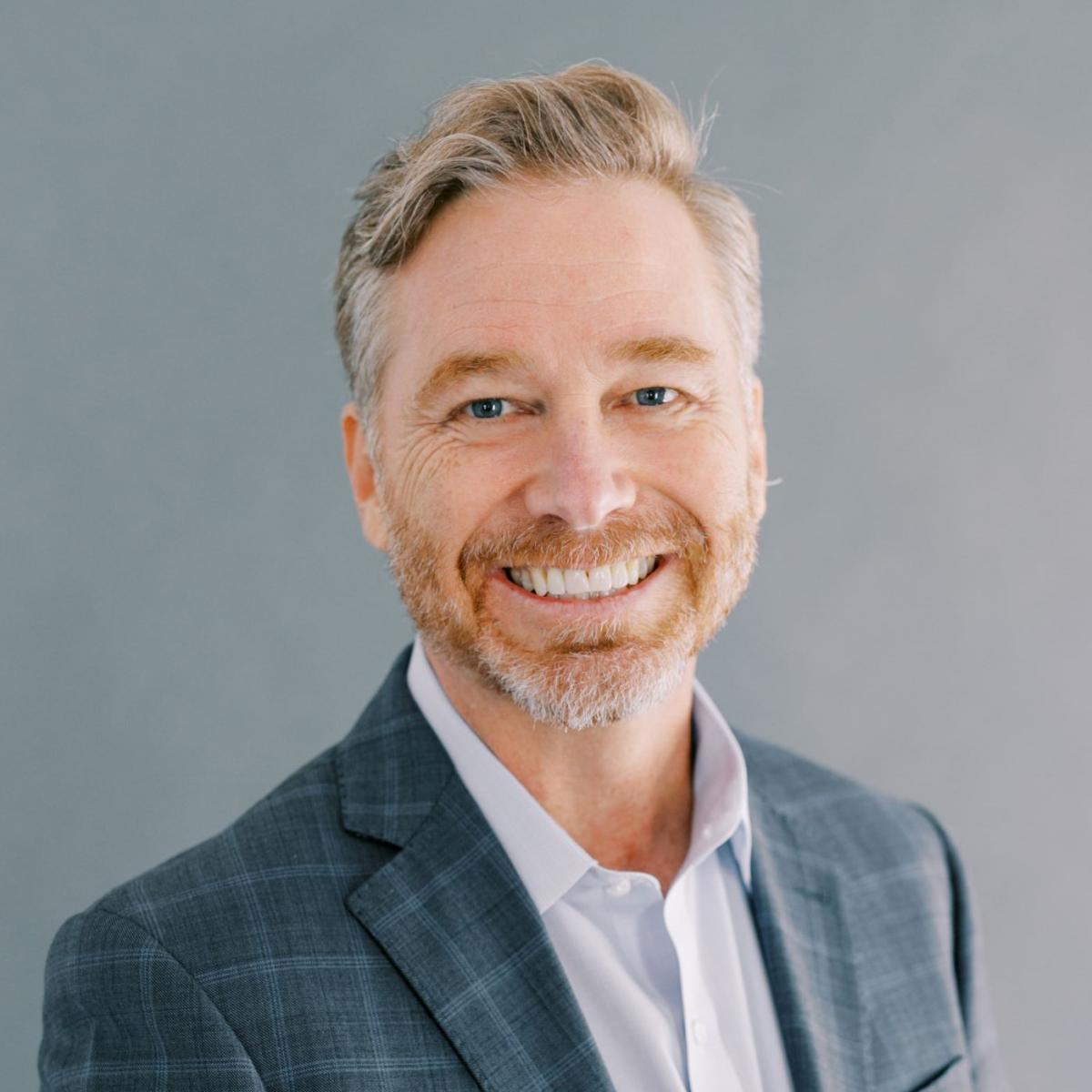
Wednesday, June 15, 2022 - 9:00 a.m. to 5:00 p.m.
Acceptance and commitment therapy (ACT) is a transdiagnostic behavior change model that draws on acceptance, mindfulness, and values-based action. Clients learn to encounter thoughts and feelings as they occur, without dwelling on them nor pushing them away. At the same time, they are encouraged to act on their most deeply held values. In over 800 randomized controlled trials and nearly 200 meta-analyses, ACT is efficacious for a wide variety of problems that humans face. Rather than going after reducing symptoms, ACT increases psychological flexibility: the capacity to turn to the present moment as a conscious human being and take action according to personally-chosen values.
This two-day workshop will provide a simple yet powerful experiential introduction to ACT for helping professionals from any discipline. It can also serve as a reintroduction for those who want to go review the basics again, get out of the weeds, and reorient themselves to fully integrating ACT into their practice. The focus will be on plain language, practical ways of understanding the psychological flexibility model, drawing on many clinical and personal examples. By the time you’re done, you should not only have a felt sense of what psychological flexibility is like in practice, but also have a more refined ability to put your own words on the concepts, both for yourself and your clients.
Training modalities will include brief lecture, clinical vignettes, clinical demonstrations, mindfulness exercises, experiential exercises, large group discussions, small group discussions, and small-group skills practice. We will give special attention to places new and intermediate learners tend to get stuck. Perhaps you wonder how the “observer” perspective connects to “flexible perspective taking” or haven’t even heard those terms before. Maybe you don’t really know what the heck “function” and “context” mean. Maybe it is hard to see how ACT is a behavior therapy, intimately connected to ideas like reinforcement and classical conditioning you haven’t thought about since graduate school. Maybe you struggle to make sense of how you can integrate what you already know from years of practice into your ACT work. All of these questions and concerns are welcome and will be addressed. Finally, this workshop will incorporate an understanding of how to tailor ACT to the unique needs of your client population, use the psychological flexibility model as a framework to support your own lifelong cultural humility practice, and draw on ACT processes to encounter your own pain and suffering, whether it arises in your work, personal life, or both.
About Matthew Boone, LCSW:
Matt Boone (he/him) is a social worker, psychotherapist, writer, and speaker who specializes in translating mental health concepts for the public. He is the co-author, with Jennifer Gregg and Lisa Coyne, of Stop Avoiding Stuff: 25 Microskills to Face Your Fears and Do It Anyway, and the editor of the book Mindfulness and Acceptance in Social Work. He is the Director of Programming and Outreach at the student mental health services of the University of Arkansas for Medical Sciences, where he’s an instructor in psychiatry. He is an Association of Contextual Behavioral Science peer-reviewed acceptance and commitment therapy (ACT) trainer and a former consultant for the VA ACT for Depression training rollout, and he regularly facilitates ACT trainings for professionals and the public. At Lyra Health, a mental health tech startup, he led the clinical development of Lyra’s mental health coaching program, which is based on ACT, CBT, and DBT, and he oversaw the training of its first 100 coaches. At Cornell University, he oversaw the development of Let's Talk, an outreach program to underserved students that has since been replicated at nearly 100 colleges and universities. He lives in Little Rock with his wife, cat, and guitars and loves talking about mental health with people who think psychotherapy and self-help are a bit cringy.
About Rajinder (Sonia) Singh, Ph.D.:
Rajinder (Sonia) Singh, Ph.D. (she/her) is a research investigator and psychologist the Central Arkansas Veterans Healthcare System and the University of Arkansas for Medical Sciences in Little Rock, Arkansas. She completed her Ph.D. in clinical psychology at Bowling Green State University. Dr. Singh’s research interests include the integration of implementation science and health equity, specifically for gender and sexual minority populations and how to engage and empower consumers in implementation. Dr. Singh’s clinical interest include applying contextual behavioral science principles to improve health equity. Dr. Singh has published over 25 peer-reviewed articles, currently serves as a member of the Editorial board of the Journal of Contextual Behavioral Science, has presented several research presentations, and co-led workshops focused on contextual behavioral approaches in working with Queer and Trans People of Color.
Learning Objectives:
Following this workshop participants will be able to:
- Describe the psychological flexibility model and its 6 components: acceptance, defusion, present moment awareness, self-as-context, values, and committed action
- Describe the paradoxical nature of attempts to control private experiences
- Conceptualize their clients from an ACT perspective
- Facilitate 3 strategies for helping their clients be more willing with private events
- Utilize 3 techniques for helping clients defuse from language and meaning making
- Incorporate present moment awareness into the moment to moment interactions between them and their clients
- Describe how to help clients contact the “observer” perspective in the presence of painful private events
- Demonstrate how to support clients to flexibly move between the observer perspective and and other useful perspectives
- Demonstrate how to orient clients towards actions based on their personally chosen values instead of devoting energy to controlling are avoiding painful private events
- Identify ways to incorporate the professional skills they already have into their ACT work with clients
- Describe how to draw on the psychological flexibility model to help them with their own unworkable stories and painful emotions – both in their work with clients and in their lives more broadly
- Use the psychological flexibility model as a framework for supporting their lifelong cultural humility practice
- Describe how to build open, caring, and flexible relationship with clients
Target Audience: Beginner, Intermediate, Clinical
Components: Literature review, Experiential exercises, Didactic presentation, Case presentation, Role play
Package Includes: A general certificate of attendance, lunch, and twice daily coffee/tea break on site.
Bolstering Acceptance and Commitment Therapy interventions in the area of health by incorporating cutting-edge RFT research
Bolstering Acceptance and Commitment Therapy interventions in the area of health by incorporating cutting-edge RFT researchBolstering Acceptance and Commitment Therapy interventions in the area of health by incorporating cutting-edge RFT research

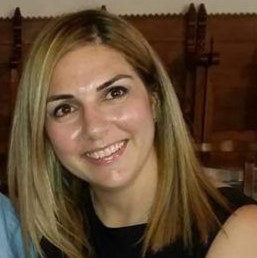
Wednesday, June 15, 2022 - 9:00 a.m. to 5:00 p.m.
Acceptance and Commitment Therapy (ACT) is gaining increasing support in the area of Health. This workshop aims to train people to use ACT in health domains and introduce the basics of Relational Frame Theory (RFT) and the implications of “cutting-edge” RFT research to support more flexible ACT process work. We will present evidence-based ACT techniques for working in various health related areas (cancer, asthma, cardiovascular problems) and with various health related behaviors (medication adherence, eating and body image issues, sleep, smoking, craving management). We will provide a basic understanding of RFT concepts that can be challenging for clinicians (e.g., derived relational responding, transformation of stimulus function) and explore how the basic concepts of RFT can facilitate more flexible ACT interventions in these areas. Multiple experiential exercises and role-plays will be presented across the workshop to develop skills in applied RFT bolstering ACT practices. Aspects of digitizing RFT informed ACT practice in the area of health will also be presented. Latest cutting-edge developments and research will be intertwined within the presentations.
About Maria Karekla, Ph.D.:
Maria Karekla, Ph.D., licensed clinical psychologist, peer-reviewed Acceptance and Commitment Therapy trainer, and Associate Professor, University of Cyprus. She is heading the “ACTHealthy: Clinical Psychology and Behavioral Medicine” laboratory. She received her doctorate degree in Clinical Psychology from the University at Albany, SUNY. She completed her residency at the University of Mississippi Medical Center and Veterans Administration Hospital. Her research focuses on areas of health promotion and the investigation of individual difference factors (especially psychological flexibility parameters) as they relate to the development and maintenance of various behavioural difficulties (especially anxiety, eating, and health related problems). Additionally, she examines the treatment of these difficulties utilizing Acceptance and Commitment-based principles and innovative delivery methods (e.g., digital interventions, virtual reality). Her research (>90 scientific peer reviewed publications) received numerous local, European and international grants, and awards by (among others) the European Council and Pompidou’s group, the Society of Behavioral Medicine, and the Association for the Advancement of Behavior Therapy. She is currently the chair of the Clinical Psychology Doctorate committee, University of Cyprus. She is also the convenor of the European Federation of Psychology Associations’ Psychology and Health committee and a member of the e-health task force. She recently completed terms in chairing the Cyprus Bioethics Committee on Biomedical Research and being a member of the Cyprus Psychologist Licensing Board. She presently serves as president-elect of the Association for Contextual Behavioral Science, from where she received the status of “Fellow” in 2019. In 2021 she became a fellow of the Society of Behavioral Medicine, whereas in 2018 she was nominated as Cyprus “Woman of the Year: Academic/Researcher category.” Her first psychotherapeutic childrens’ story book was nominated in 2017 for the National Literary Awards in the category Children/Adolescents and also for her illustrations for the book. She is a TEDx speaker and she has been hosted and interviewed for her work by numerous podcasts, newspapers, TV and radio stations nationally and internationally.
I have been a member of ACBS almost from its inception and have been actively involved in the organization from multiple roles and posts. Presently I serve as the President-elect of the board and I serve on the Conference Strategy Committee and as an Associate Editor for the Journal of Contextual Behavioural Science.
About Louise McHugh, Ph.D.:
Louise McHugh is a Professor of Psychology at University College Dublin. She is a world leading expert in Contextual Behavioural Science (CBS) and Acceptance and Commitment Therapy (ACT). She has published over 100 papers and her H index is 38 (4539 citations). Her work has been funded by national and international funding bodies such as the Irish Research Council, the Health Research Board, FP7, the British Academy, the ESRC and the Leverhulme Trust. Louise has been a Fellow of the Association for Contextual Behavioural Science since 2014. Prof. McHugh is the Director of the UCD CBS lab. Ongoing research projects in the CBS lab involve behavioural interventions for people experiencing homelessness (funded by the IRC), smoking cessation (funded by the IRC and the HRB) and interventions for patients with Inflammatory Bowel Disease (in Collaboration with St Vincent’s University Hospital Dublin). I am an active and participating member in the Association for Contextual Behavioural Science (ACBS); I serve on the Conference Strategy Committee (2012-present) and I was elected to the board of directors (2014-2016). Since 2015 I have been an Associate Editor for the Journal of Contextual Behavioural Science. Presently I serve as the president-elect of the UK and Ireland ACBS chapter.
Learning Objectives:
Following this workshop participants will be able to:
- Summarize recent developments in the area of health and health behaviors and associated behavioral problems from a Contextual Behavioral Science perspective
- Implement RFT and ACT interventions into the management of health-related conditions and problematic health behaviors
- Describe RFT concepts that can be challenging for clinicians (e.g., derived relational responding, transformation of stimulus function, motivative augmentals)
- Design enhanced ACT exercises according to recent RFT research.
- Use RFT to support patients with health-related issues such as medication adherence, body image, sense of self, etc.
- Conduct functional analysis of difficulties arising as part of a health condition & of problematic health behaviors
- Utilize single-case design and idiographic approaches clinically for individualizing treatment and examining their effectiveness
- Incorporate digital technologies in applied RFT and ACT work with health-related behaviors and conditions
- Utilize cutting edge methodologies and digital technologies to conduct research or in practice
- Adapt ACT interventions for health behaviors across different cultures
Target Audience: Intermediate, Advanced, Clinical, Research, Applied (in non-clinical settings)
Components: Conceptual analysis, Literature review, Original data, Experiential exercises, Didactic presentation, Case presentation, Role play
Package Includes: A general certificate of attendance, lunch, and twice daily coffee/tea break on site.
Breathing Compassion into Evidence Based Therapy: Integrating CFT into your Contextual Behavioral Science Practice featuring CFT Founder, Dr. Paul Gilbert
Breathing Compassion into Evidence Based Therapy: Integrating CFT into your Contextual Behavioral Science Practice featuring CFT Founder, Dr. Paul GilbertBreathing Compassion into Evidence Based Therapy: Integrating CFT into your Contextual Behavioral Science Practice featuring CFT Founder, Dr. Paul Gilbert
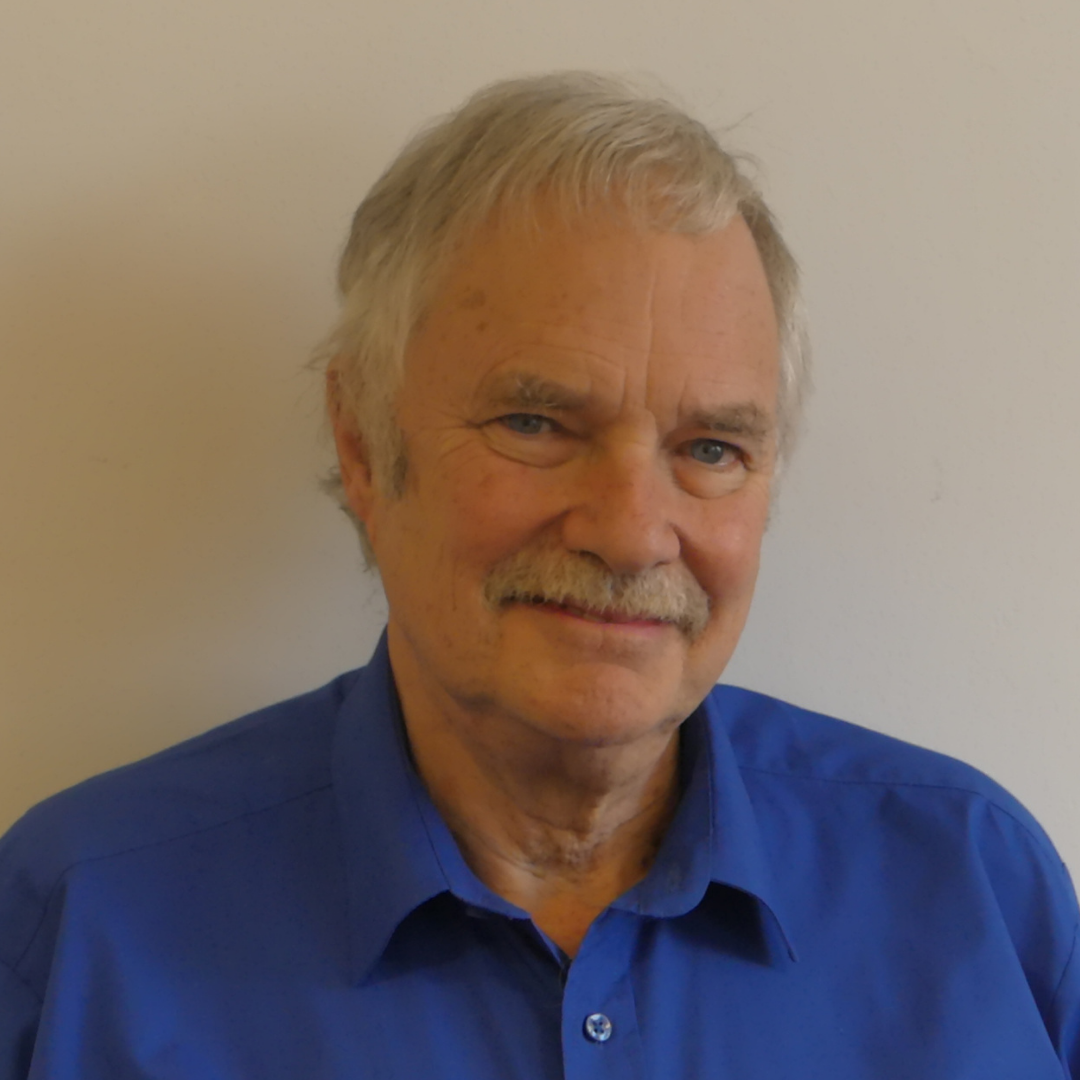
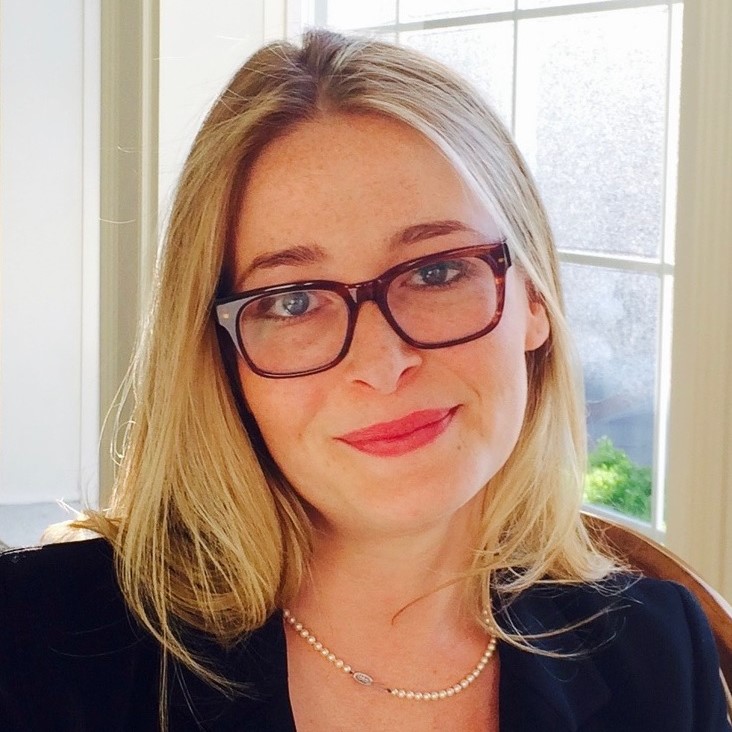
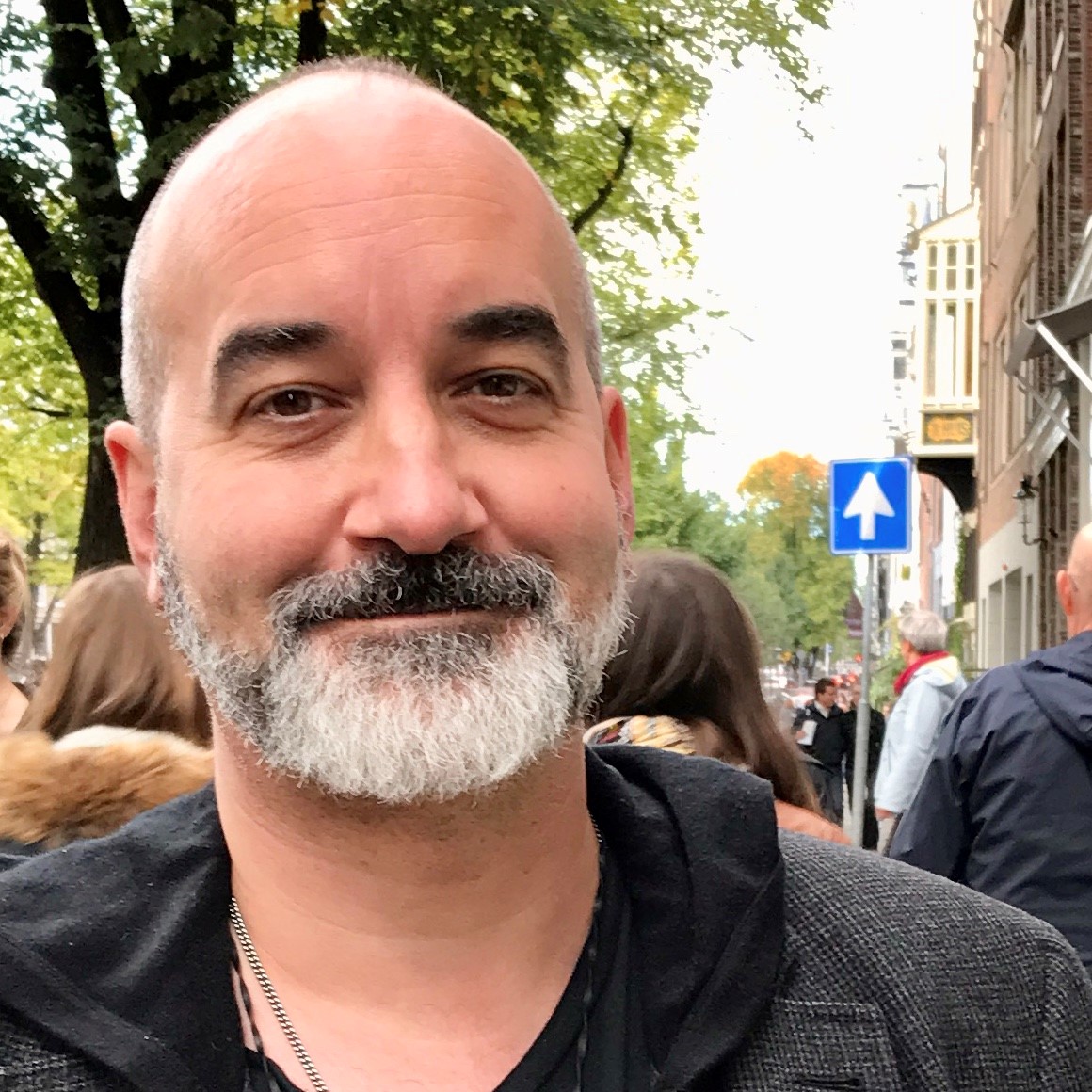
Laura Silberstein-Tirch, Psy.D.
Sunday, June 5, 2022 - 8:00 a.m. to 12:00 p.m. UTC/GMT -7 (Pacific Daylight Time)
Psychotherapists all over the world know that mindfulness and compassion training can help clients transform their lives, but many are still in need of specific ways to bring the power of mindful compassion directly into their behaviorally oriented therapy practice? This workshop is designed to bridge the gap between your current practice and an evidence based, compassion-focused approach.
Compassion Focused Therapy (CFT) is a cutting-edge, evidence-based psychotherapy that takes the "third wave" of psychotherapy further, expanding the frontiers of contemplative psychotherapy by deliberate awakening our compassionate minds. For thousands of years, wisdom traditions have used mindfulness, acceptance and compassion based training as a platform to transform the mind. Developed by Dr. Paul Gilbert, CFT puts that process in your hands, drawing on rigorous behavioral psychology, neuroscience and evolutionary theory.
This deeply experiential workshop will be facilitated by two practitioners who are leading the way in integrating CFT and ACT, Dr. Dennis Tirch and Dr. Laura Silberstein-Tirch, and will feature direct training with Dr. Paul Gilbert, the founder of CFT.
This online workshop will take you on a journey into the foundations of CFT. Going beyond basic training, participants will engage in the core Compassionate Mind Training practices found in CFT, through a structured program. Participants will learn how to move beyond mere theory, to implement CFT interventions for a range of problems. We will also learn how unlocking deeper training in mindfulness and compassion can empower our clinical work, and can create new possibilities for us as people.
Grounded in CFT's evolutionary theory, participants will explore a range of topics including:
- The role of mindfulness, compassion and acceptance in effective psychotherapy
- How to use mindfulness and compassion techniques in the therapy relationship.
- Using CFT with other evidence-based therapy methods like ACT, CBT & DBT
- Using CFT to work with chronic shame and self-criticism
This training is specifically designed to help Acceptance and Commitment Therapy (ACT) and other behavior therapy practitioners deepen their understanding and practice of compassion focused treatment of anxiety and mood disorders. CFT methods can complement and strengthen even a state-of-the-art therapeutic approach like ACT, and the bridge to a compassion focused approach is more accessible than it might seem.
Through group work and a series of experiential exercises participants will build the foundation needed to advance their CFT skills base, and to grow as a clinician. Further you will get to have your questions and concerns addressed by some of the top trainers in CFT, including the form's originator, Dr. Paul Gilbert.
About Dennis Tirch, Ph.D.:
Dr. Tirch is the Founding Director of The Center for Compassion Focused Therapy. He is an author of 6 books, and numerous chapters and peer reviewed articles on mindfulness, acceptance and compassion in psychotherapy. His books include Experiencing ACT from the Inside Out, a self-practice/self-reflection workbook for therapists, and The Compassionate Mind Guide To Overcoming Anxiety, the first evidence-based self-help book to apply the science of compassion to the treatment of anxiety. With Dr. Laura Silberstein-Tirch and others, Dr. Tirch is currently developing a research protocol involving behavioral science and CFT for treating anxiety, worry and fear-based difficulties through compassionate courage cultivation.
Dr. Tirch serves as, Past President of the Association for Contextual Behavioral Science (ACBS), President of The Compassionate Mind Foundation USA, Associate Clinical Professor at The Icahn College of Medicine at Mt. Sinai Medical Center, Fellow of ACBS, Founding President Emeritus of The New York City Chapter ACBS, Fellow & Certified Consultant & Trainer for The Academy of Cognitive Behavioral Therapy, Fellow and Past-President of The New York City CBT Association. Dr. Tirch’s work has been covered by numerous media outlets, including; The Wall Street Journal, The Washington Post, The New York Times, The New York Post, NPR, WIRED, and O Magazine.
Dr. Tirch regularly conducts training workshops and courses globally, live and online, and has served as an invited speaker for many organizations, such as Columbia University, The University of New South Wales, The University of Hong Kong, The NYC-CBT Association, ABCT, ACBS, New York Univeristy, Cornell University, and the Kagyu Samye Ling Buddhist monastery, and The Institute for Meditation and Psychotherapy.
In addition to his work in clinical psychology, Dr. Tirch has based his life upon meditative and contemplative disciplines for over 40 years. Dr. Tirch has taken Dharma Holder vows in Soto and Rinzai lines, with The Zen Garland Order; Sanjujo Kai vows in Tendai Shu Buddhism; serves as an Ambassador for The Ram Dass Fellowship; and is a long time practitioner in the J.G. Bennett Line of the Gurdjieff Work, with Robert Fripp and The Guitar Circle community. Dr. Tirch’s work in this area can be found in his book Buddhist Psychology and CBT: A Clinician’s Guide with Laura Silberstein and Russell Kolts, as well as in private instruction. Dr. Tirch is involved in Bhakti Yoga and Kirtan practice, blending American traditional, guitar based, country-blues music with Kirtan and mantra musical forms of meditation.
Prior to founding The Center, Dr. Tirch collaborated with leading CBT therapist, Dr. Robert Leahy, at The American Institute for Cognitive Therapy for 12 years, serving as Associate Director of The Institute. Dr. Tirch has worked closely with CFT Founder, Dr. Paul Gilbert, in the development of compassion focused approaches for anxiety.
Dr. Tirch has benefited by participating in numerous trainings with many mentors, experts, friends and colleagues such as Paul Gilbert, Robert Leahy, Kelly Wilson, Steven C. Hayes, Robert Fripp, Robyn Walser and Zindel Segal. Dr. Tirch is a founding participant in the ACT peer consultation group for New York City and Environs (ACTNYCE).
Dr. Tirch is a New York State licensed clinical psychologist who has served as an Assistant Clinical Professor at Weill-Cornell Medical College, and as an Adjunct Associate Professor at Albert Einstein Medical School.
Dr. Tirch received his PhD from Fairleigh Dickinson University.
About Laura Silberstein-Tirch, Psy.D.:
Laura Silberstein-Tirch, Psy.D. is the Director of The Center for Compassion Focused Therapy. She is a New York and New Jersey state licensed psychologist who specializes in evidence based therapies for adults and adolescents. In addition to her work at The Center, Dr. Silberstein-Tirch serves as an Adjunct Assistant Professor consultant at at the Ferkauf School of Psychology, Albert Einstein College of Medicine of Yeshiva University, and has served as a consultant to Memorial Sloan Kettering Hospital. Dr. Silberstein-Tirch is the President Elect of The Greater New York City Chapter of The Association of Contextual Behavioral Science (ACBS) and the President Elect of The Compassion Focused SIG of ACBS.
Dr. Silberstein-Tirch has specialized in working with anxiety disorders, mood disorders, trauma, insomnia, impulse control difficulties and emotion regulation problems.
Dr. Silberstein-Tirch is committed to an approach to evidence based psychotherapy grounded in compassion, mindfulness, and psychological flexibility. She has advanced training and experience in CFT, ACT, CBT and DBT. Dr. Silberstein-Tirch has worked with a range of trainers including Steven Hayes, Robert Leahy, Kelly Wilson, Paul Gilbert, and Marsha Linehan. She is a founding member and board member at large of the Greater New York Chapter of The Association for Contextual Behavioral Science.
Dr. Silberstein-Tirch received her doctorate in Clinical Psychology from the Ferkauf Graduate School of Psychology at the Albert Einstein School of Medicine, Yeshiva University in New York. For two years, she served as an extern clinician at the American Institute for Cognitive Therapy, in Manhattan. Dr. Silberstein-Tirch’s pre-doctoral internship involved delivering CBT and DBT services in both inpatient and outpatient settings at Wyoming State Hospital. Additionally, Dr. Silberstein-Tirch completed a two year Postdoctoral Fellowship in Cognitive Behavioral Therapy at the Cognitive Behavioral Institute of Albuquerque, New Mexico.
Dr. Silberstein-Tirch is the co-author of the books, Buddhist Psychology and Cognitive Behavioral Therapy, A Clinician’s Guide, The ACT Practitioner’s Guide to The Science of Compassion and Experiencing Acceptance and Commitment Therapy from The Inside Out.
Dr. Silberstein-Tirch’s research on the relationships between mindfulness, psychological flexibility and emotional schemas has been presented at several national international scientific conferences and published in the International Journal of Cognitive Therapy. This research was undertaken in collaboration with Dr. Robert Leahy and Dr. Dennis Tirch, as a part of the research program at The American Institute for Cognitive Therapy, which examines the fundamentals of Emotional Schema Theory. Dr. Silberstein-Tirch regularly delivers presentations in the New York area and internationally.
About Paul Gilbert, Ph.D., OBE:
Professor Paul Gilbert is an internationally recognized clinical psychologist, researcher, best-selling author, speaker, and founder of Compassion Focused Therapy (CFT).
Researching evolutionary approaches to psychopathology for over 35 years, with a particular focus on shame and the treatment of shame-based difficulties, Professor Gilbert created the Compassionate Mind Foundation to support global research, also working to develop and promote the practice of CFT.
He currently serves as Professor of Clinical Psychology at the University of Derby and is visiting Professor at the University of Queensland. He and colleagues founded the Compassionate Mind Foundation as an international charity in 2006.
He has written/edited 22 books and over 300 academic papers and book chapters.
His best-selling book Overcoming Depression, 3rd Edition (2009), reflects decades of research about understanding and treating depression, focusing on compassion. The Compassionate Mind (2009) shares the latest research about compassion, its value and how to enhance its capacity.
His most recent book, Living like Crazy (2019), indicates how modern society is driving the abundance of mental health and societal problems and how we can create more compassionate ways of living.
Professor Gilbert served on the first British Government’s National Institute for Health Care Excellence (NICE) guidelines for depression. He was president of the British Association for Cognitive and Behavioral Psychotherapy in 2003.
In recognition of his significant contributions to mental healthcare, he was made a Fellow of the British Psychological Society in 1993 and awarded the prestigious Order of British Empire (OBE) in 2011 by the Queen.
Learning Objectives:
Following this workshop participants will be able to:
- Describe the foundational evolutionary model of compassion, mindfulness and emotion used in CFT.
- Use the CFT "Three Circle Model" of emotion regulation in clinical contexts.
- Understand and be able to discuss and utilize Social Mentality Theory in psychotherapy and in scalable interventions.
- Utilize the therapeutic relationship to create a context of relational safeness in the therapy room as a part of CFT process
- Outline and implement a CFT model of functional analysis of interpersonal exchanges in psychotherapy, using the therapist's response to shape client behavior.
- Discuss the multiple self-model and intervention set in CFT
- Have a working knowledge of multiple-self dialogue work in CFT
- Identify and embody the 12 competencies of compassion, experientially training patients in using these elements.
- Use a working knowledge of specific therapist micro-skills and active therapy processes that can lead to greater flexibility and adaptive responding in the moment.
- Deploy a range of specific techniques that are focused on cultivating the competencies of compassion in the therapy relationship.
Target Audience: Beginner, Intermediate, Advanced, Clinical
Components: Conceptual analysis, Literature review, Experiential exercises, Didactic presentation, Role play
Package Includes: A general certificate of attendance
Enhancing the effectiveness of Applied Behavior Analysis through Acceptance and Commitment Training (ACT)
Enhancing the effectiveness of Applied Behavior Analysis through Acceptance and Commitment Training (ACT)Enhancing the effectiveness of Applied Behavior Analysis through Acceptance and Commitment Training (ACT)

Sunday, June 5, 2022 - 1:00 p.m. to 5:00 p.m. UTC/GMT -7 (Pacific Daylight Time)
Despite the success of ABA practitioners in the field, there are areas where the field could do a much better job. For instance, helping caregivers deal with the challenges of raising a child with autism, staff burnout, and clients dealing with the dark side of higher language as they acquire it. These common challenges encountered by ABA practitioners often involve problematic language, rule deriving, and rule-governed behavior. Acceptance and Commitment Therapy (ACT) is a behavior analytic evidence-based approach to enhance human wellbeing and performance while weakening the control of complex verbal repertoires. ACT aims to help individuals adapt to the current environment by increasing response variability (flexibility) and successfully obtaining life’s reinforcers even when in the presence of challenging experiences. With ACT, we can help caregivers thrive in the face of the difficulty of parenting a child with special needs, help motivate staff to do difficult work while preventing burnout, and help our clients acquire resiliency and flexibility while moving through life with a sense of purpose. With ACT, we as practitioners can continue to do our best work in the face of life and work challenges.
This workshop will introduce participants to a behavior analytic framework for doing ACT. The basic philosophical assumptions and principles of behavior analysis underlying ACT will be presented to orient clinicians to the ongoing assessment and intervention of verbal behavior within the scope of practice of behavior analysts. Roleplay and experiential exercises throughout the workshop will give participants a fundamental repertoire to use ACT, so they are better equipped to deal with the everyday challenges found in practice while improving ABA treatment outcomes.
About Luisa Cañon, Psy.D., BCBA-D:
Dr. Cañon is a Clinical Behavior Analyst and a Licensed Psychologist in California. She has over two decades of experience working with families of children and adults with autism, developmental delays, and behavioral challenges from both Applied Behavior Analysis (ABA) and Acceptance and Commitment Therapy (ACT) perspectives. She is the co-founder and director of research and development of the Institute for Effective Behavioral Interventions (IEBI), an organization that provides state-of-the-art behavioral intervention for children with autism, and the founder and director of ACT to Thrive, a center dedicated to the provision of ACT-focused training, consultation, and treatment services. Her current research projects include implementation of ACT with parents, youth, and staff; and training behavior analysts in relationship building, compassionate care, behavioral flexibility, and clinical behavior analysis. Dr. Cañon has leadership roles within the Association for Contextual Behavioral Sciences (ACBS) and is currently a graduate research mentor for the University of Nevada Reno.
Learning Objectives:
Following this workshop participants will be able to:
- Define ACT as a behavior analytic approach, the problematic repertoires and replacement repertoires that contribute to behavioral inflexibility/flexibility
- Explain Rule Governed Behavior (RGB), Contingency Shaped Behavior (CSB) and Transformation of Stimulus Function
- Identify the ways that ACT can fit within the scope of practice of ABA and is consistent with Baer, Wolf, & Risley (1968)
- Identify common forms of inflexibility from parents in parent training, children and staff
- Identify at least 2 ACT based interventions for each of the ACT 6 repertoires that might be utilized by ABA practitioners to facilitate desired overt behavior change in parents, children and staff
- Practice functional analyses of the therapist and client’s behavior, track the effects of the intervention, and adjust behavior to enhance context sensitivity.
Target Audience: Beginner, Intermediate, Clinical
Components: Conceptual analysis, Experiential exercises, Didactic presentation, Role play
Package Includes: A general certificate of attendance
Facing change and becoming stronger: Helping adults face change using the growth framework of ACT
Facing change and becoming stronger: Helping adults face change using the growth framework of ACTFacing change and becoming stronger: Helping adults face change using the growth framework of ACT

Wednesday, June 15, 2022 - 9:00 a.m. to 5:00 p.m.
We are now, more than ever, living in a world full of uncertainty and change. How we adapt in this time is a question we all face. In this context, DNA-v as a growth model of Acceptance and Commitment Therapy is a liberating way to approach helping adults.
This workshop will deliver a clear, inspiring, and readily applied change model to help adults grow. It is the culmination of years of writing for the new book What Makes You Stronger (L. Hayes, J. Ciarrochi, and A. Bailey), due for release in July 2022. The workshop will suit professionals working with adults in all settings, including coaching, education, and counselling. Practitioners all across the world have been quick to adapt DNA-v into their work with adults, and here we’ll give you new tools, skills, and practices to really make this come alive.
DNA-v stands as a robust model of human change. It has spurred enormous growth in the adolescent market, inspiring clinical protocols, school curriculums, and research. The initial application to youth made sense because it is accepted that youth are in a time of dramatic change. And yet, adults face dramatic change too: relationships come together and break up, people age, get sick, recover health, lose and find jobs, they must constantly adapt to new technology, and face world changes like COVID-19 or climate change. Change is our only constant.
Adults can strive for development and growth each day. They don’t always need ‘therapy’, but they will benefit from psychological flexibility inside this growth paradigm. This workshop will show how to help people build greater strength.
Science and accessibility will be our key focus. The strength in DNA- v is its solid and clear scientific foundation and the readily accessible framework. In this workshop, we plan to use these two themes of science and accessibility to support adults who want more from life and to feel empowered.
The workshop will be divided into two sections to help professionals working with adults in multiple settings:
- Becoming stronger within -- We will explore our vulnerable selves, conceptual, compassionate, achieving, and profound selves.
- Becoming more connected in social relationships -- We will explore how to help adults understand their social histories and build relationships founded on flexibility and compassion.
About Louise Hayes, Ph.D.:
Dr. Louise Hayes is a clinical psychologist, author, and international speaker. She is the Past President of ACBS, and a peer reviewed Acceptance and Commitment Therapy/Training (ACT) trainer. Together with Joseph Ciarrochi she developed DNA-v, which is a developmental model of acceptance and commitment therapy. She is the co-author of the best-selling book, Get Out of Your Mind and into your Life for Teenagers: A Guide to Living an Extraordinary Life; and the practitioner book, The Thriving Adolescent: Using Acceptance and Commitment Therapy and Positive Psychology to Help Teens Manage Emotions, Achieve Goals, and Build Connection, and Your Life Your Way released in 2020. In 2022 she will release a new book using DNA-V with adults, What Makes You Stronger. Louise is also an active clinician, working with adult and adolescents in private practice. She was a Senior Fellow with The University of Melbourne and Orygen, The National Centre of Excellence in Youth Mental Health.
Learning Objectives:
Following this workshop participants will be able to:
- Describe the literature on change and the relationship with stress and health
- Describe DNA-v foundational skills as they apply to adults
- Describe the application of DNA-v to an adult sense of self in five ways
- Demonstrate and apply strategies to build physical and emotional balance
- Demonstrate and apply flexibility strategies with their conceptual self
- Demonstrate and apply procedures to support achievement goals
- Demonstrate and apply procedures to build compassion, awareness, and profoundness in daily living
- Explain the application of DNA-v to relationships
- Demonstrate and apply practices for stronger social interactions
- Demonstrate and apply strategies for working with difficulties social interactions
Target Audience: Intermediate, Applied (in non-clinical settings)
Components: Conceptual analysis, Literature review, Experiential exercises, Didactic presentation, Case presentation, Role play
Package Includes: A general certificate of attendance, lunch, and twice daily coffee/tea break on site.
Here, Now, and Between Us: Functional Analytic Psychotherapy and the power of the therapeutic relationship
Here, Now, and Between Us: Functional Analytic Psychotherapy and the power of the therapeutic relationshipHere, Now, and Between Us: Functional Analytic Psychotherapy and the power of the therapeutic relationship

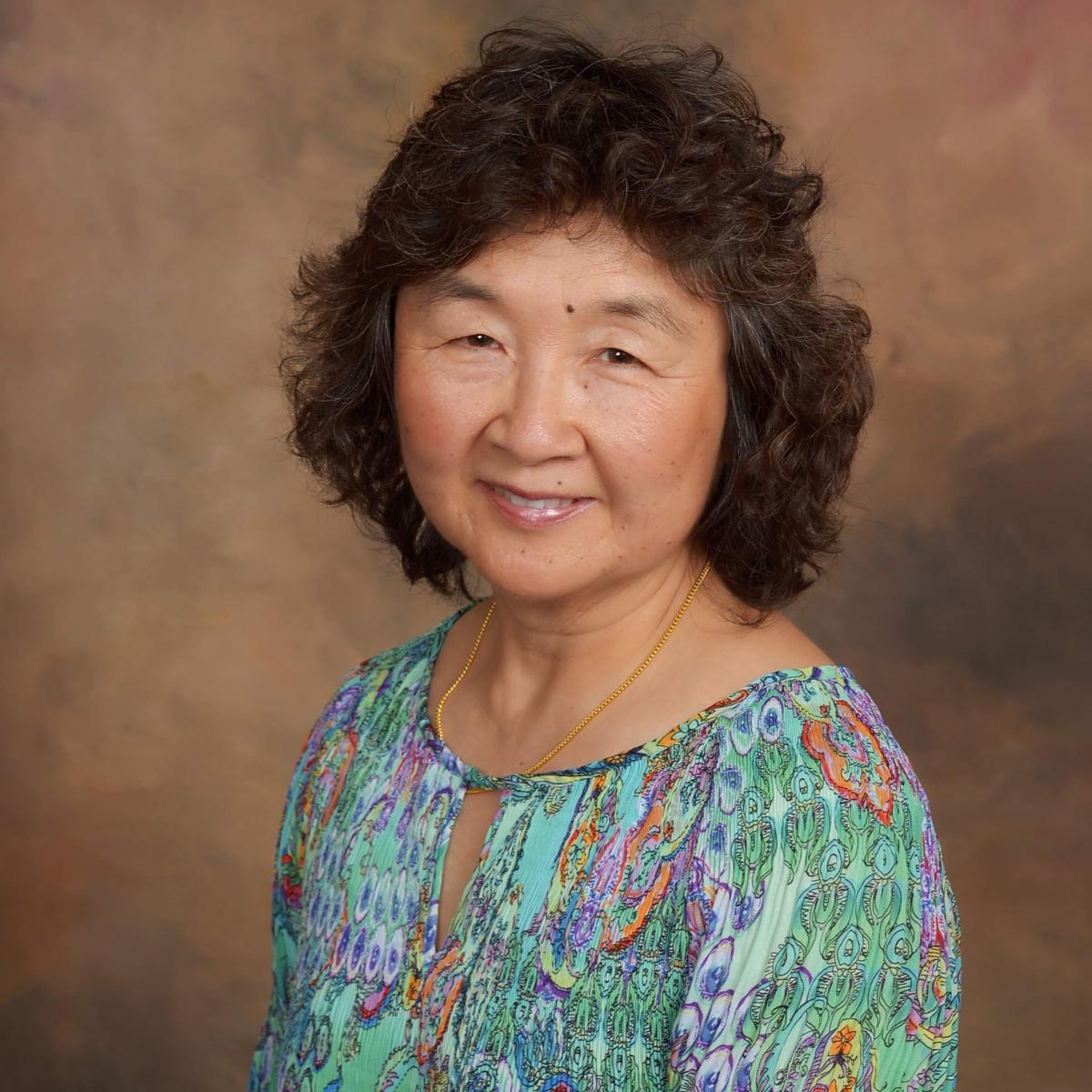
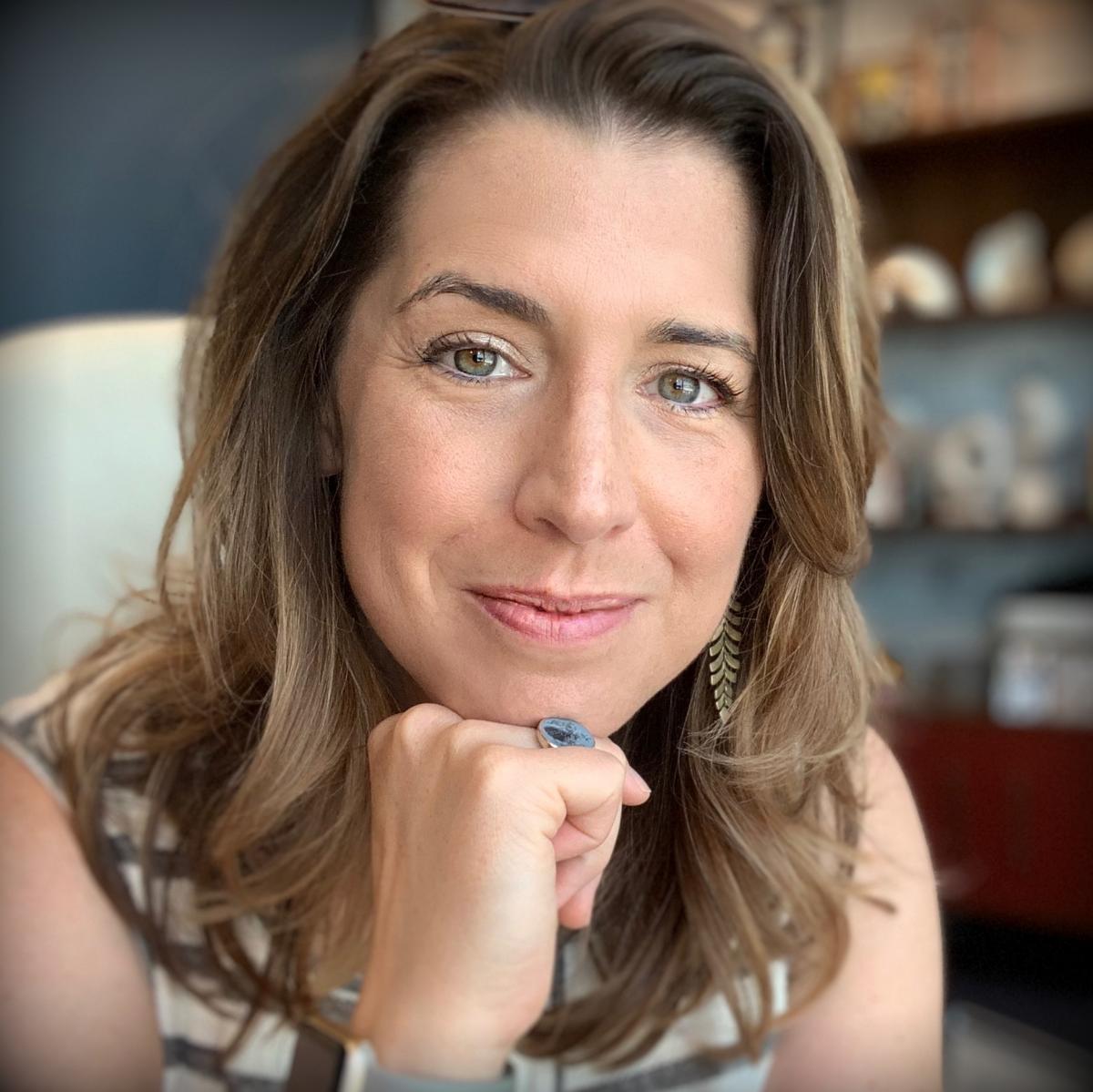
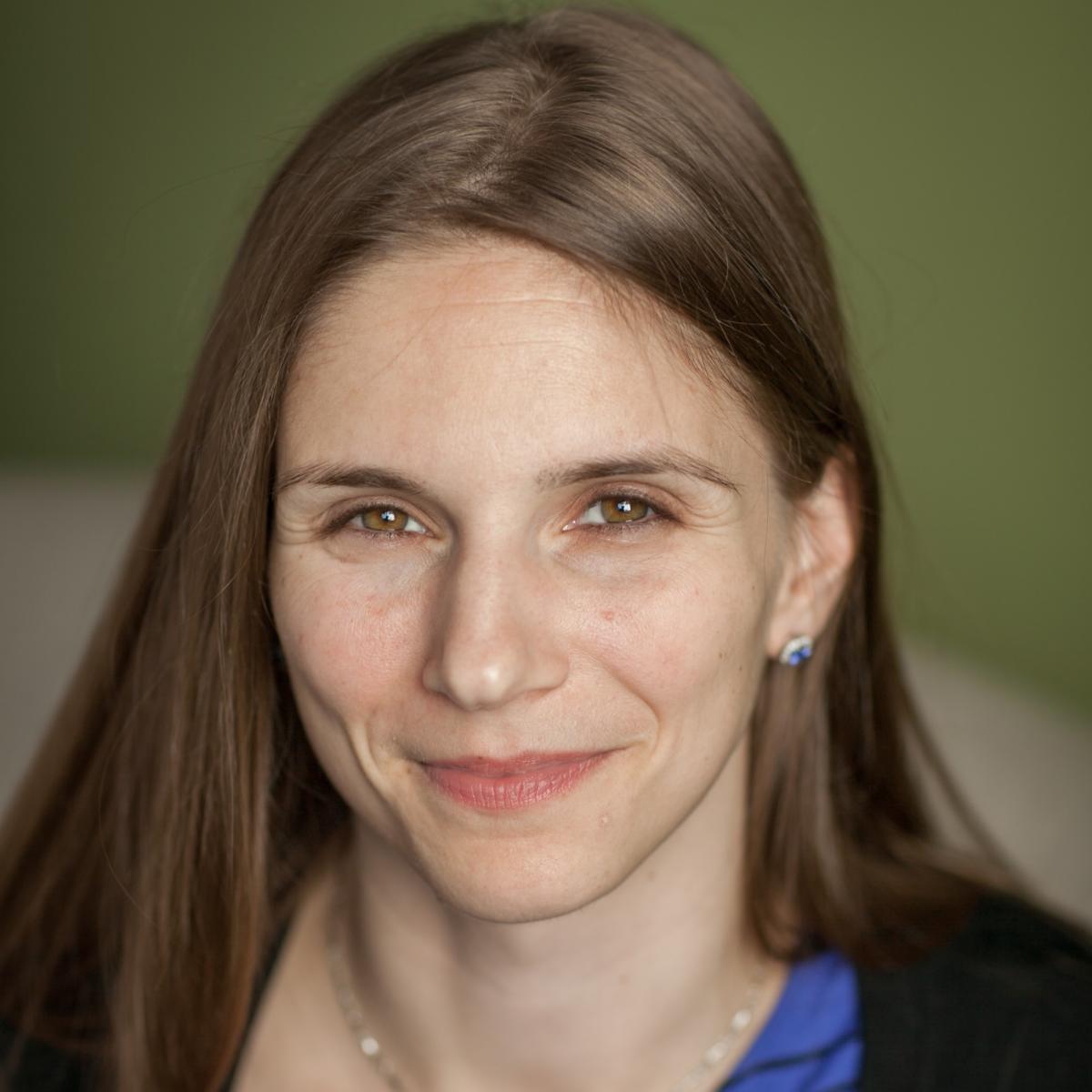
Sunday, June 5, 2022 - 1:00 p.m. to 5:00 p.m. UTC/GMT -7 (Pacific Daylight Time)
**We are offering this workshop in memory of beloved FAP co-founder, Bob Kohlenberg. Bob was enthused by the collection of contextual behavioral training content we offered during his farewell pre-conference workshop in 2021, so we will rely on those same tools as the backbone of the structure of the current workshop.**
As numerous pressures push our profession towards manualized intervention toolkits targeted at nomothetically-defined outcomes, this workshop aims to cultivate your ability to harness the wellspring of therapeutic opportunity available within each unique relationship we create with our clients. This is the promise of Functional Analytic Psychotherapy: a Contextual Behavioral Science (CBS) therapy for those who value basic behavioral science as much as they feel awed by the power of the therapy relationship.
We will begin by presenting a clear theoretical rationale, rooted in basic behavioral tenants, for integrating a particular type of interpersonal focus within any therapy approach you already practice. Five simple, yet profound, rules of practice comprise this framework: 1) identify clinically-relevant behavior occurring in session via functional analysis, 2) evoke these behaviors during the therapy hour, 3) shape these behaviors with your immediate, authentically attuned responses, 4) customize and refine your responding by observing the impact of your interpersonal reinforcers on the client, and 5) work with the client to generalize improved in-session behavior into life outside of therapy. In this workshop, you will have the opportunity to practice seeing and hearing your clients through this lens of compassionate functional analysis and to enhance your awareness of tools for reinforcing client improvements.
As technical as the underlying behavioral roots of FAP are, the therapy that emerges from them is fundamentally human and emotionally intimate as it calls on both client and therapist to engage in reciprocal transactions of candid behavior. The relationship comes alive and transforms into an in-vivo laboratory in which you invite the client to attempt new, more effective behaviors in service of their values and goals within the therapy session. As the work progresses, FAP therapists shape and reinforce improvement by illuminating the positive impact it has on both them and the therapy relationship. In short, we encourage clients to practice, “right here, right now,” behaviors that are functionally equivalent to those they wish to implement in their lives outside of session. Because clients emit new behaviors in your presence, they benefit from the enhanced reinforcement of your immediate and sincere responding. Hence, increasing your own self-awareness, courage, and judiciousness in how you share your authentic self and emotional vulnerability allows you to augment the potency of your in-the-moment responses to clients.
Following a logical arc that weaves together essential didactic elements of theory, CBS rationale, and ethical considerations, the workshop will also present a curriculum of experiential exercises that provides balance among intellectual, practical, and personal development. Of note, we will encourage you to reveal yourself, including your vulnerability, to the extent that it supports your learning and development both personally and professionally and with an ongoing, thoughtful consideration of your needs and limits within the workshop setting. Along the way, you will create a FAP Case Conceptualization for a client, begin a FAP Therapist Case Conceptualization for yourself, and practice the 5 Rules of FAP in “real-plays” with peers in small groups. We will prepare you to learn from these experiential exercises, and to take FAP on the road with you to your clients, via didactic presentations, live demonstrations, segments of video from therapy sessions conducted by the trainers, and a collection of FAP-consistent clinical tools and resources that you will take home with you.
Whether you are new to FAP or have been practicing FAP for years, our hope is that you will leave the workshop with a deepened awareness of yourself, an awakened excitement about the possibilities of the therapy relationship, and an enlivened commitment to igniting it with each of your clients. As trainers, we plan to do the same.
About Sarah Sullivan-Singh, Ph.D.:
Dr. Sullivan-Singh earned her doctoral degree in clinical psychology from UCLA and completed a postdoctoral fellowship within the University of Washington Rehabilitation Medicine Department before beginning her independent practice. She is a Clinical Instructor within the University of Washington (UW) Psychology Department where she supervises graduate students treating clients using ACT and FAP. Dr. Sullivan-Singh also regularly guest lectures to psychology interns in the UW Department of Psychiatry and Biobehavioral Sciences. She is routinely engaged in training students and professionals in FAP through individual supervision/consultation as well as workshops and online courses; she has also worked on treatment development for and provided clinical supervision within a randomized-controlled trial of FAP at the UW Center for the Science of Social Connection. As partner of The Seattle Clinic, a collective of independent practitioners focused on evidence-based practice, Dr. Sullivan-Singh is fortunate to be surrounded by students and colleagues who support her in following the lifelong path of encountering her gaps in awareness and knowledge and, in response, learning to acknowledge and fill them – and through that process constructing increasingly authentic relationships with greater healing potential.
About Mary P. Loudon, Ph.D.:
Dr. Loudon earned her doctorate in clinical psychology at the University of Washington where she developed expertise in Contextual Behavioral Science (CBS) approaches including FAP and Acceptance and Commitment Therapy (ACT). While her academic research in and after graduate school focused on the psychological impacts of sexual and racial minority identity, her passion for clinical work drove her career path towards the provision of care directly to individuals and couples in therapy. After 6 years of co-leading the FAP Practicum for doctoral students at UW, and completing her post-doctoral fellowship with Dr. Mavis Tsai, she became a Certified FAP Trainer. Since this time she has thoroughly enjoyed innovating new training approaches for workshops, intensives, and online courses in FAP. Today, Dr. Loudon balances roles as a psychologist in private practice, a founding partner of The Seattle Clinic, Clinical Instructor/Supervisor at the University of Washington Department of Psychology, and supervisor/consultant to pre- and post-doctoral trainees seeking to develop expertise in FAP, ACT, and Emotionally-Focused Couples Therapy (EFT). The majority of time that remains is spent indulging in family life with her wife and two children, and in her vibrant community of friends and colleagues at The Seattle Clinic.
About Mavis Tsai, Ph.D.:
Dr. Tsai, co-originator of FAP, is a clinical psychologist and senior research scientist at University of Washington’s Center for Science of Social Connection. She is the co-author of five books on FAP (some of which have been translated into Portuguese, Spanish, Japanese, Italian, Korean and Persian), and over 70 articles and book chapters. She is an ACBS Fellow, and received the Washington State Psychological Association’s Distinguished Psychologist Award in recognition of significant contributions to the field of psychology. She gave a TEDx talk “Create Extraordinary Interactions”, has presented “Master Clinician” sessions at the Association for Behavior and Cognitive Therapy, has led numerous workshops nationally and internationally, and trains online clinicians all over the world in FAP. As Executive Director of the Nonprofit Organization ‘Awareness, Courage & Love Global Project” which brings FAP to the general public, she trains volunteers to lead chapters in six continents to create a worldwide- network of open-hearted change-seekers who strive to meet life’s challenges through deepening interpersonal connection and rising to live more true to themselves.
About Barbara Kohlenberg, Ph.D.:
Barbara Kohlenberg, Ph.D. is a Professor in the Department of Psychiatry and Behavioral Science and also in Family and Community Medicine. She is a clinical psychologist, who received her Ph.D. at the University of Nevada, Reno. Her NIH funded research has focused on Acceptance and Commitment Therapy (ACT) and Functional Analytic Psychotherapy (FAP) and their integration and application with substance use disorders and stigma. Dr. Kohlenberg is an ACT trainer and a FAP trainer, and has contributed to the literature in these areas and has conducted trainings internationally. Dr. Kohlenberg is interested in psychotherapy training in psychiatric residency programs, and in growing bedside manner among family medicine residents.
Dr. Kohlenberg has deep interests in the role of compassion, acceptance, and relationship in promoting behavior change. She cherishes direct patient care, as well as training psychiatry residents. Helping both patients and residents learn that one can change one’s relationship with suffering rather than having to “get rid” of suffering is meaningful for her.
Out of work Dr. Kohlenberg loves cooking, eating, walking, reading/listening to podcasts, and creating and participating in nurturing communities. She loves the beauty of our desert climate while always also missing the green and grandeur of the Pacific Northwest, where she grew up.
Learning Objectives:
Following this workshop participants will be able to:
- Describe the 5 Rules of FAP and the behavioral theory underlying them.
- Delineate functional classes of behavior that may get expressed differently across contexts.
- Identify both functional classes and specific examples of problematic and improved in-session client behavior.
- Create your own FAP Therapist Case Conceptualization.
- Analyze how your own problematic and improved in-session therapist behaviors may interact with your clients’ behaviors.
- Demonstrate ability to recognize and evoke clinically relevant behavior and to utilize genuine responses to extinguish and punish problematic behaviors.
- List 3 strategies for reinforcing client target behaviors in session.
- Prepare a FAP case conceptualization for one client that demonstrates the application of functional analysis to client behavior and awareness of the impact of your own therapist behavior on the client.
- Discuss ethical considerations related to cultivating intense therapeutic relationships with clients when using FAP.
- Acquire skills to build your own FAP Consultation Team and/or to bring FAP into your existing ones.
Target Audience: Beginner, Intermediate, Advanced, Clinical
Components: Experiential exercises, Didactic presentation, Case presentation, Role play
Package Includes: A general certificate of attendance
CEs Available (7.5 hours): CEs for psychologists, social workers (NASW type), counselors (NBCC type)
Party of One: A Crash Course for Improving Your Work with Single Subject Research Design
Party of One: A Crash Course for Improving Your Work with Single Subject Research DesignParty of One: A Crash Course for Improving Your Work with Single Subject Research Design
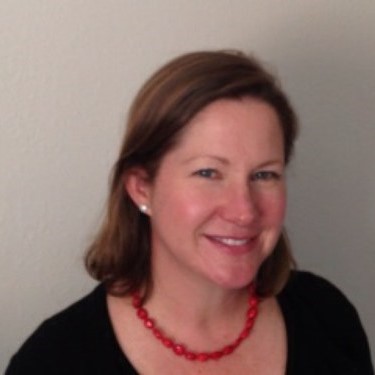
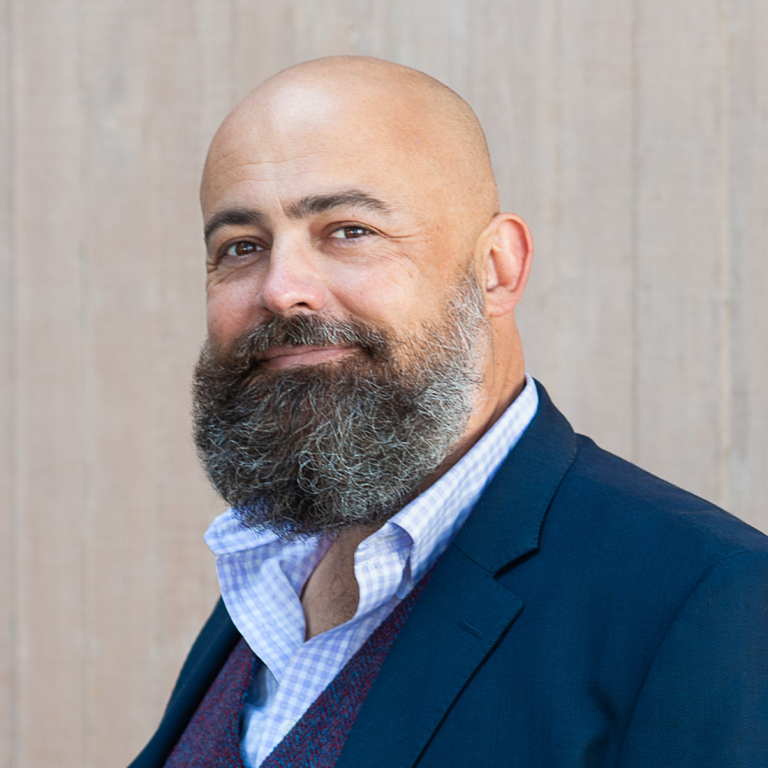
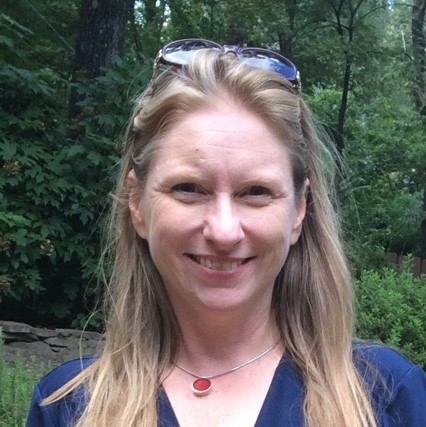
Sunday, June 5, 2022 - 1:00 p.m. to 5:00 p.m. UTC/GMT -7 (Pacific Daylight Time)
Research relevant to clinical psychology typically relies on large-N, comparative, probabilistic studies (including RCTs). This experimental model offers benefits: Divergent therapies can be compared based on outcome variables; conclusions can be drawn about causality; and investigators have many ways to account for confounds. But large-N experiments have also been widely criticized: Samples can be overly homogeneous; career contingencies in academia discourage systematic replication; and nomothetic hypotheses can foster confirmation biases. Moreover, large-N experiments typically require labs and extensive resources, which all but shut working clinicians out of the research process. The behavioral tradition, though, has long made use of single-case experimental design (SCED). Through alternating baseline, implementation, and reversal phases, SCED researchers can draw sound conclusions about behavioral control while retaining contextual richness. This workshop is a broad overview of SCED methodology.
Participants will learn about time-series experimental design, data collection and analysis strategies to enhance applied practices, reporting approaches, and the limitations of SCED. A vision for expanding single-case research done by working clinicians and aggregated using emerging meta-analytic approaches will be built.
About Kate Kellum, Ph.D., BCBA-D:
Kate currently serves as an Instructional Associate Professor & Assistant Chair of Psychology at the University of Mississippi. She holds a masters degree in education from Purdue University and a doctoral degree in psychology from the University of Nevada Reno. Kate has considerable experience in assessment of educational and research activities, time-series research design, and performance measurement/improvement. She has been consulting with schools, universities and non-profits in the USA and UK for over 20 years to improve their ability to implement contextual changes and measure learning/organizational outcomes.
About Troy DuFrene, M.A.:
Troy DuFrene is a psychotherapist and author. He is coauthor of multiple books, including Coping with OCD, Mindfulness for Two, and Things Might Go Terribly, Horribly Wrong. He offers individual, couple, and family psychotherapy and clinical assessment through the San Francisco Center for Compassion-Focused Therapies. He also provides services to students through Student Psychological Services at Santa Rosa Junior College. He lives and works in Alameda, CA, in the San Francisco Bay Area.
About Heather Garnos, M.S.:
Heather Garnos, MS, PN1, is an OBM practitioner and behavioral nutrition and fitness coach in private practice. She received her bachelor's degree in English Literature from UC Berkeley and her master's degree in Applied Behavior Analysis from Western Connecticut State University. In her role as a book editor and publishing executive, she has been dedicated to disseminating ACT and other evidence-based interventions to the general public for more than twenty years.
Learning Objectives:
Following this workshop participants will be able to:
- Describe common structures of single-case experimental design
- Describe common features of SCED data collection strategies
- Compare common features of SCED and group design data analysis strategies
- Compare the appropriateness of various designs for particular applied questions
- Compare the advantages and limitations of SCED with group designs (in applied settings)
- Discuss meta-analytic strategies for working with aggregated data collected through SCED
- Compare traditional SCED analysis with meta-analytic and bayesian strategies
- Plan for the collection of data in applied settings that uses SCED principles
- Plan for the sharing and dissemination of such data
- Plan for using meta-analytic strategies in applied settings
Target Audience: Beginner, Intermediate, Clinical, Applied (in non-clinical settings)
Components: Conceptual analysis, Literature review, Didactic presentation, Case presentation, Strategic planning
Package Includes: A general certificate of attendance
Reclaiming Our Humanity Amidst Injustice: A Contextual Behavioral Science Skills-Based Approach to Social Connection Across Cultural Differences
Reclaiming Our Humanity Amidst Injustice: A Contextual Behavioral Science Skills-Based Approach to Social Connection Across Cultural DifferencesReclaiming Our Humanity Amidst Injustice: A Contextual Behavioral Science Skills-Based Approach to Social Connection Across Cultural Differences
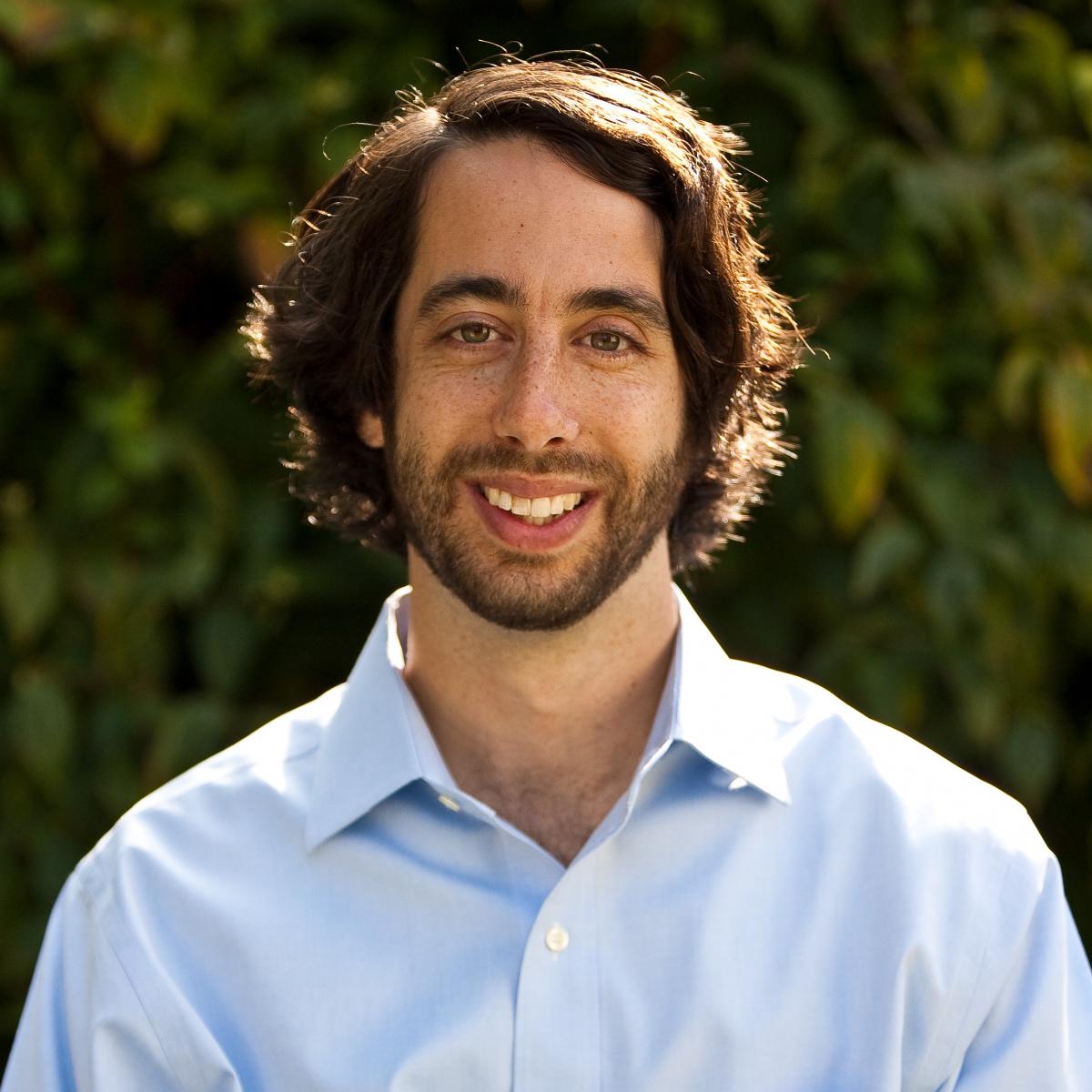
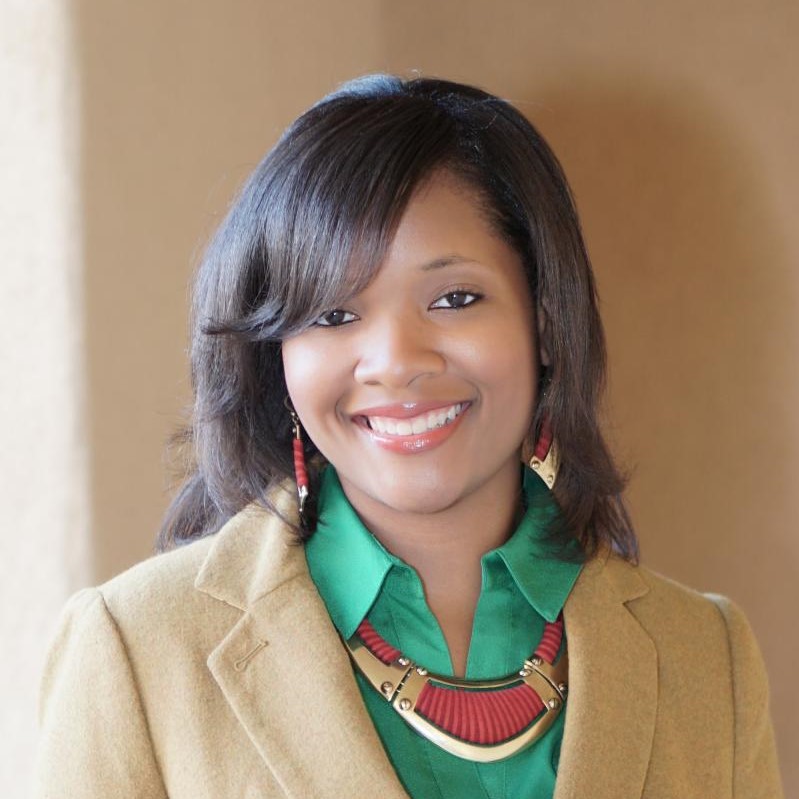
Wednesday, June 15, 2022 - 9:00 a.m. to 5:00 p.m.
Recent years have demonstrated in blunt form how racism, sexism, and other forces of oppression are still deeply rooted in our societies, with toxic and deadly impacts. We are alarmed and appalled by the sharp increase in explicit acts of hatred which have recently occurred across multiple nations, just as we are concerned about the less visible, longstanding manifestations of oppression that have existed for centuries. At the same time, we recognize developments in psychological science that suggest that bias and prejudice exist as normative psychological processes on both an implicit and explicit level. These biases operate within all human beings, including well-meaning individuals who disavow hatred and oppression and espouse deeply held pro-social values – and even within communities that aspire to be safe havens of peace and love, like ACBS.
We believe that contextual-behavioral science (CBS) harbors abundant and largely untapped potential for addressing these problems in a global context. This two-day workshop is a direct application of CBS principles to the psychological processes that function as obstacles to connection across cultural differences. These principles and processes will be engaged with recognition of the broader context of institutional and structural forms of oppression. We will adopt an intersectional framework that explores how interpersonal contexts where we encounter difference (across race, gender, sexual orientation and many other identities) can result in a range of outcomes from experiences of disconnection and invalidating microaggressions to meaningful and intimate exchanges and deep connectedness.
The workshop will be largely experiential, with exercises grounded in a contextual-behavioral understanding of behavior change and applicable to participants inclusive of all nationalities. The specific processes of ACT and the five rules of FAP will be applied in this uncharted territory of connecting across cultural difference. Acceptance, defusion, and self-focused exercises are designed to increase awareness of sources of anxiety and bias that influence our behavior, and small-group exercises are designed to facilitate sustainable, intentional behavior change in intercultural interactions. We aim to produce more than a transient “feel good” experience. Rather, we aim to help attendees walk the difficult walk of utilizing CBS principles in moments that matter, whether they are interactions at a work meeting, a dinner with extended family, or a clinical encounter. In recognition of the challenging nature of these encounters, self-compassion exercises will be infused to facilitate a sense of connectedness, self-care, and present-moment focus during difficult dialogues. The theoretical and empirical foundations of exercises will be discussed and the workshop will also focus on generalizing the experiential work into the daily-life contexts of attendees through modeling, role-play practice, and feedback. Each participant will be asked to identify committed actions they can take to benefit the ACBS community throughout the World Conference, in their clinical work, and within their home communities.
The presenters have been developing, presenting and refining the ideas and exercises that will inform this workshop for several years and across multiple contexts. Empirical support for the CBS-informed exercises that will be engaged in the workshop have been demonstrated by two recent randomized controlled trials. Participants who engaged in these interventions demonstrated improved (more empathic and less biased) behavior when in clinical encounters with patients of color, and heightened feelings of connectedness and understanding when in inter-racial interactions that generalized to other members of out-groups not in attendance. In this workshop we will broaden an application of these mechanisms beyond race to multiple cultural identities.
Please note: the presenters are equal collaborators. They are listed alphabetically.
About Robyn Gobin, Ph.D.:
Dr. Robyn L. Gobin, Ph.D. is a licensed clinical psychologist with expertise in interpersonal trauma, the cultural context of trauma recovery, and evidence-based treatments for PTSD. She directs the Transforming Trauma and Mental Health Research Laboratory in the Department of Kinesiology and Community Health at the University of Illinois, where she is a tenure-track Assistant Professor. Her work has been recognized by the top professional associations in her field: she was the recipient of a Citizen Psychologist Presidential Citation from the APA and the Carolyn Payton Early Career Award from the Society for the Psychology of Black Women (Division 35).
About Daniel Rosen, Ph.D.:
Dr. Daniel C. Rosen is chair and professor in the Department of Counseling and Health Psychology at Bastyr University, and was the founding co-director of the Daniel K. Church Center for Social Justice and Diversity. Dr. Rosen completed his postdoctoral fellowship in the behavioral medicine program at Cambridge Health Alliance/Harvard Medical School, and his scholarship focuses on multicultural psychology and counseling, centering on issues of social and racial justice in mental health.
Learning Objectives:
Following this workshop participants will be able to:
- Describe a contextual-behavioral model of microaggressions and other behavioral obstacles that produce cultural health disparities in treatment processes and outcomes.
- Demonstrate acceptance skills in the presence of anxiety while interacting across cultural differences.
- Apply defusion skills in the presence of cultural stereotypes while interacting across cultural differences.
- Demonstrate engaging in committed, value-guided actions in the service of creating meaningful clinical relationships during challenging interpersonal cultural moments.
- Demonstrate in real-play experiential exercises with other participants how to repair connections in the wake of unintended microaggressions and other such punishing interactions.
- Explain how to increase your ability to respond flexibly, guided by values rather than defensiveness, when engaged in dialogue about privilege, differences or experiences of microaggressions.
- Demonstrate reinforcing the behavioral improvements of clients, friends, and family members when their efforts still leave you feeling punished, microaggressed, or guarded.
- Apply experiential work to specific clinical cases in your practice, or other relevant life settings, through role-plays and feedback.
- List specific behavioral risks you will take during the ACBS World Conference and at home in service of chosen values and utilizing the skills gained during the workshop.
- List sources of collective action within the ACBS community to advance culturally responsive practice and the promotion of social justice.
Target Audience: Beginner, Intermediate, Advanced, Clinical, Research
Components: Conceptual analysis, Literature review, Original data, Experiential exercises, Didactic presentation, Case presentation, Role play
Package Includes: A general certificate of attendance, lunch, and twice daily coffee/tea break on site.
The Heart of Acceptance and Commitment Therapy: Developing a Flexible, Process-based, and Client-Centered Practice
The Heart of Acceptance and Commitment Therapy: Developing a Flexible, Process-based, and Client-Centered PracticeThe Heart of Acceptance and Commitment Therapy: Developing a Flexible, Process-based, and Client-Centered Practice
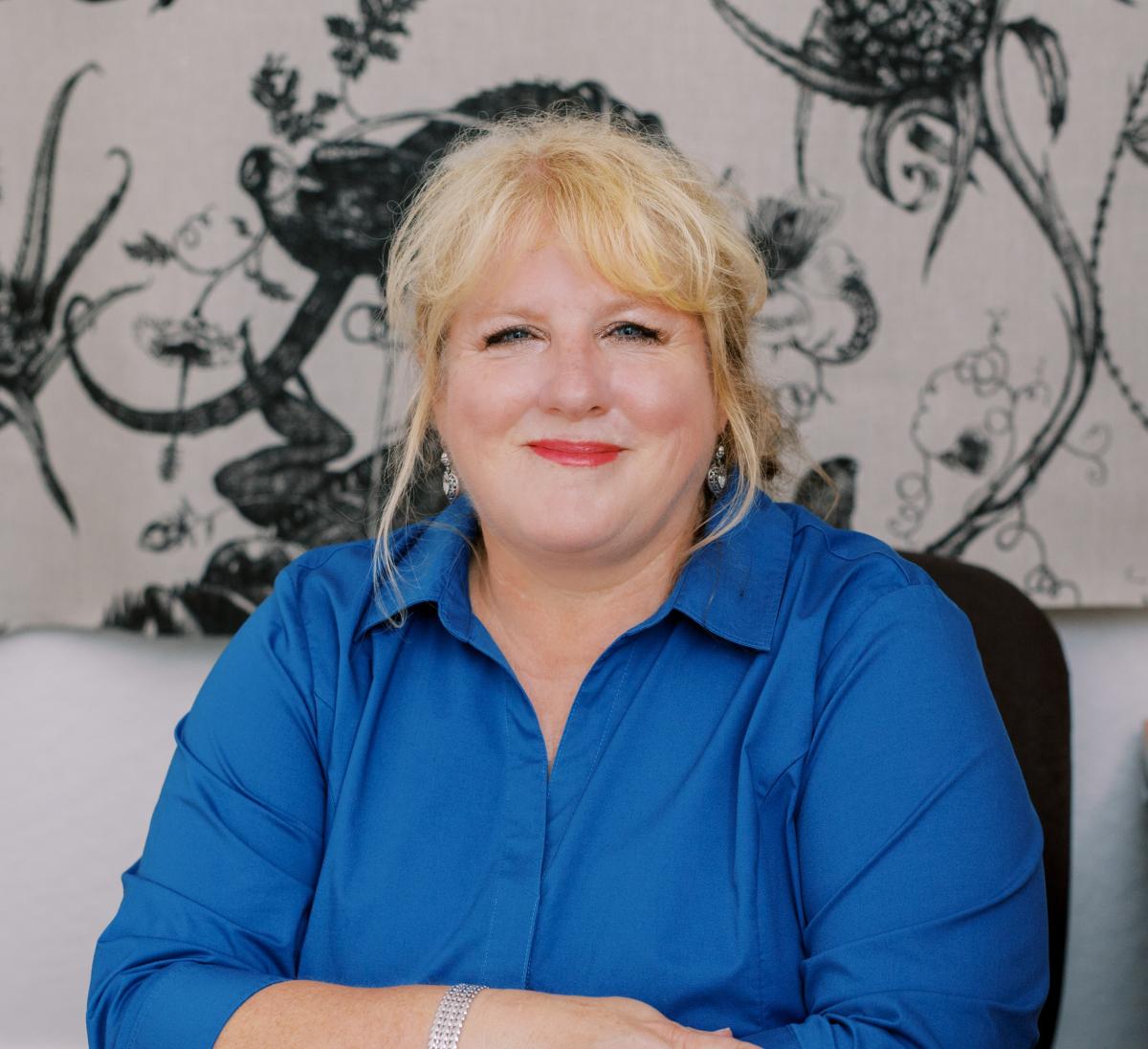
Wednesday, June 15, 2022 - 9:00 a.m. to 5:00 p.m.
Life contains suffering. But acknowledging this truth is only the first step on the path to transcending it. It is in this transcendence that vital and meaningful lives are born. As ACT therapists, it is hoped that we can assist our clients in this process. Helping them to acknowledge and hold pain, show up for joy, while continuing to take steps, each day, each hour, each moment, that are connected to personal meaning. This is done, as is often said in ACT, with head, hands, and heart. So verbal knowledge, an intellectual understanding of the intervention is needed. The work of the “hands” is about behavior; physical movement and taking action are fundamental. ACT’s heart however appears to be more elusive. Done with intention and presence, ACT links us to the very qualities of what it means to be alive and whole, to be a conscious and experiencing being. ACT may be learned and understood at many levels but may remain challenging to implement in a flexible, consistent, process-based, and effective fashion. Multiple levels of process are present in any therapy, including those processes beyond ACT’s 6 core. Moving beyond simple technique and into a fluid ACT intervention requires attending to intrapersonal, interpersonal, and overarching and ongoing processes in the context of the psychotherapeutic relationship. Engaging in an ongoing functional analysis feeds these processes and informs the case conceptualization This workshop will explore the multiple levels of process found in ACT from a more in-depth, experiential, or heartfelt place. Didactic presentation, role-play, and experiential exercises will be used to convey the material.
About Robyn D. Walser, Ph.D.:
Robyn D. Walser, Ph.D. is Director of TL Psychological and Consultation Services, Assistant Professor at the University of California, Berkeley, and works at the National Center for PTSD. As a licensed psychologist, she maintains an international training, consulting and therapy practice. Dr. Walser is an expert in Acceptance and Commitment Therapy (ACT) and has co-authored 6 books on ACT, including a book on learning ACT. She has most recently written a book entitled: The Heart of ACT. Dr. Walser has expertise in traumatic stress, depression and substance abuse and has authored a number of articles, chapters, and books on these topics. She has been doing ACT workshops since 1997, training in multiple formats and for various client problems.
Learning Objectives:
Following this workshop participants will be able to:
- Describe what is meant by the therapeutic presence from an ACT perspective.
- Explain how ACT processes influence the therapeutic relationship.
- Explain what is meant by ACT processes from the perspective of personal internal experience and how it is relevant to therapy.
- Apply the arc of therapy to in-session case conceptualization.
- Explain how the role of the ACT processes and their flexible use influences the interpersonal dynamics or alliance.
- Explain the importance of undefended choice as held by the ACT model.
- Describe barriers to fluid implementation of ACT and how to work through these barriers in an ACT consistent fashion.
- List the benefits of mindfulness as a practice as well as an ongoing process during the session, including how it can be used to cultivate compassion.
- Describe the role of existentialism in considering values clarification and engagement.
- Describe how core ACT processes and aspects of their function should be addressed and explored in session without the use of typical exercises.
Target Audience: Intermediate, Advanced, Clinical
Components: Conceptual analysis, Experiential exercises, Didactic presentation, Case presentation, Role play
Package Includes: A general certificate of attendance, lunch, and twice daily coffee/tea break on site.
Understanding and Applying RFT: Complex language as the foundation of our work and our lives as contextual behavior scientists
Understanding and Applying RFT: Complex language as the foundation of our work and our lives as contextual behavior scientistsUnderstanding and Applying RFT: Complex language as the foundation of our work and our lives as contextual behavior scientists
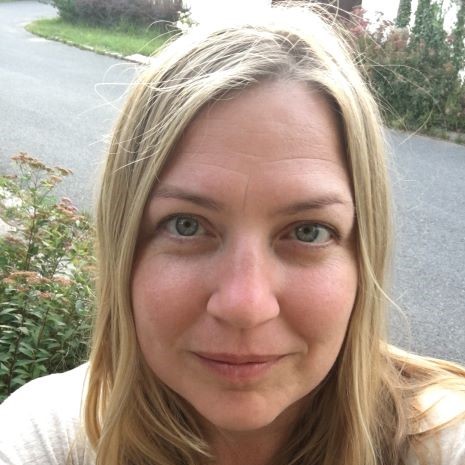
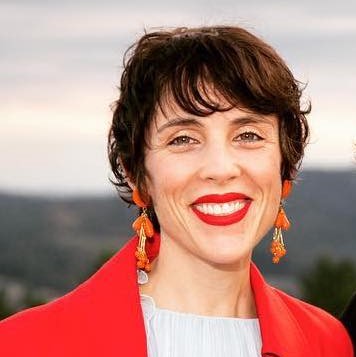
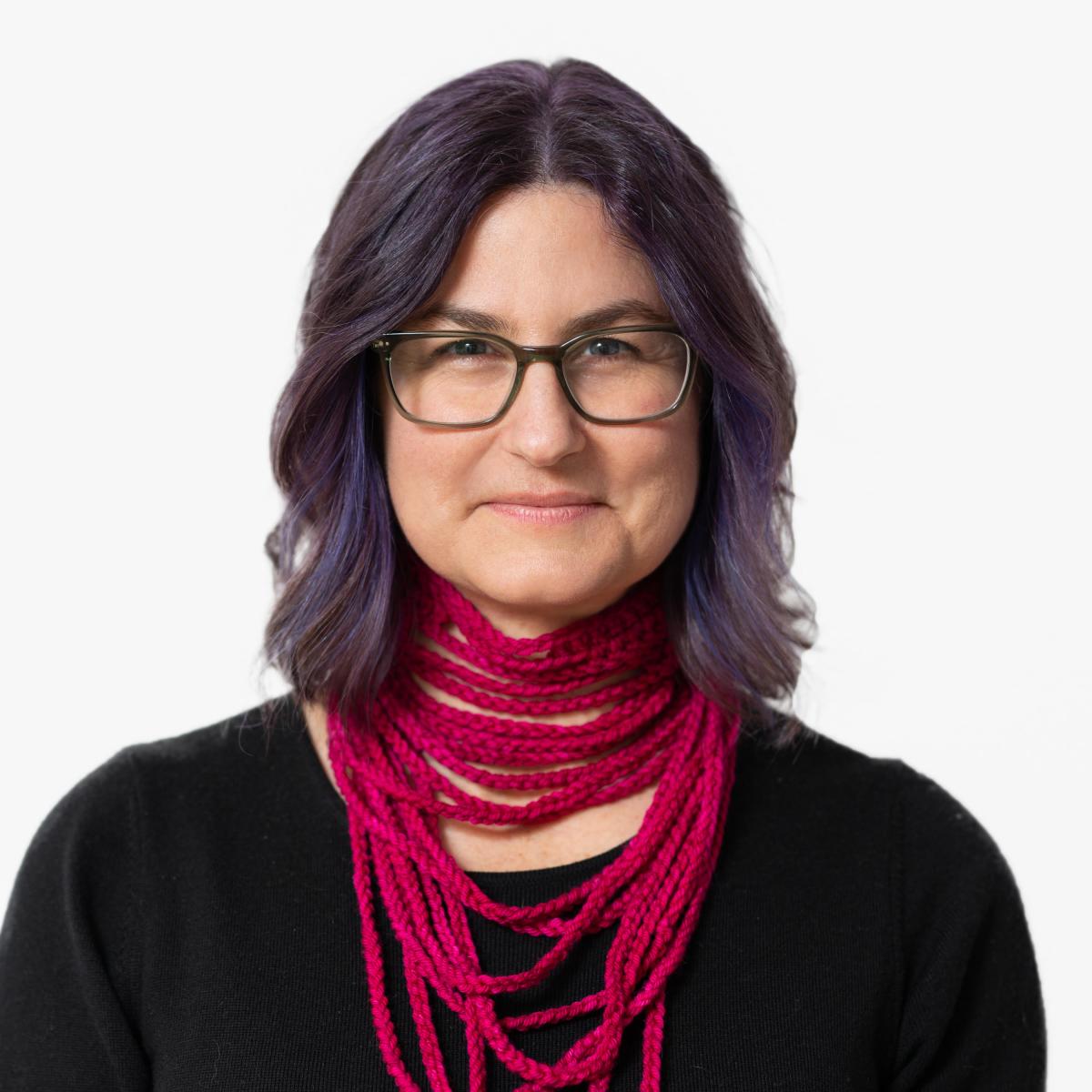
Wednesday, June 15, 2022 - 9:00 a.m. to 5:00 p.m.
Language changes everything. From infancy through adulthood, language influences and dominates our sense of self, our choices, our opportunities, our relationships, our communities, our societies - the cultures that shape us all. Language is an inescapable part of what makes us human. A comprehensive understanding of complex language and the increasingly complex web of interlocking contingencies that influence every one of us, is therefore critical to our immediate effectiveness in our work, as well as how we exist in the world as professionals and the influence we have as a profession. Understanding and using complex language processes is integral to building the bridges that allow us to work effectively with others and impact the world. In short, words matter.
Behavior analysis is a compassionate and relational science centered around fostering choice, freedom, social justice, and contingencies of joy. We view the practice of behavior analysis as requiring psychological flexibility on the part of practitioners, and we view increasing psychological flexibility and prosociality as a primary socially valid outcome for our interventions. Understanding how to promote and use our own complex languaging repertoires, including curiosity, empathy, compassion and humility, are necessary for us to effect meaningful change when cooperatively working with clients. These same repertoires are critical for working towards social and environmental justice and taking action in our communities. Language creates context, language changes context. Language creates and transforms the context for action.
As behavior analytic practitioners (including BCBAs, therapists, psychologists, social workers, educators and indeed, anyone working from a CBS standpoint) working with others to effect change, understanding RFT allows us to approach complex human behavior, relations and problems (at the individual, group, systems and cultural level) with precision and rigor. Towards this end, Drs. Ming, Gould and Fiebig present the essential principles of RFT, including RFT conceptualizations of the development of generative language, the self, and rule governed behavior, in addition to relational framing in the context of groups, including supervision, mentorship, effective messaging, and prosociality within and between organizational, social and cultural systems. We include an emphasis throughout on those repertoires necessary to create cooperative contexts for change, with prosocial interactions and systemic contingencies that support sustainability, diversity, inclusion and equity. We will consistently guide participants from theory to immediate application, with practical tools presented throughout.
This workshop will be presented in four parts. Throughout, participants will be introduced to the philosophical and theoretical underpinnings of RFT, and guided through application using real-world examples, experiential exercises, modeling and feedback, small-group activities, and group discussions. Part 1 presents the theoretical basics of RFT, including how relational frames can be viewed as the building blocks of language and cognition, and how complex verbal repertoires and a sense of self develop. Part 2 explores how complex verbal repertoires affect behavior at the level of the individual, introducing the role of rule-governed behavior and private events. Part 3 examines how to incorporate RFT into a deeper understanding of the interlocking contingencies between individuals and within groups, with an emphasis on the repertoires needed to create cooperative contexts for change. Finally, in Part 4, we zoom out to examine relational framing in the context of prosociality within and between organizational, social and cultural systems, with particular emphasis on issues of sustainability, diversity, equity, and inclusion. Participants will leave with a deeper understanding of RFT (and behavior analysis more broadly) and plan of action for incorporating what they have learned immediately into their work and lives as behavior analysts.
About Siri Ming, Ph.D., BCBA-D:
Siri Ming, PhD, BCBA-D, is a scientist-practitioner with over twenty-five years of experience in the field. She is committed to the compassionate practice of behavior analysis to help people live meaningful, values-directed lives. Her research and clinical focus is on applications of relational frame theory (RFT) to early intervention programs for children with autism, integrating Skinnerian verbal behavior with RFT. She has authored numerous peer-reviewed research and theoretical articles on applications of RFT, as well as a practical handbook series on using RFT in early intervention programs. She teaches and acts as subject matter expert for graduate level classes in verbal behavior for the Chicago School of Professional Psychology, and has been an associate editor for The Analysis of Verbal Behavior journal. Her work is grounded in values of rigor, generosity, and kindness.
About Evelyn Gould, Ph.D., BCBA-D:
Evelyn Gould is a Clinical Behavior Analyst and Licensed Psychologist from N.Ireland, currently based in Los Angeles, CA. Evelyn is a trainer and supervisor at The New England Center for OCD and Anxiety, and is an Assistant Clinical Professor at Keck School of Medicine at USC. She is also a Research Associate in Psychiatry at Harvard Medical School. Evelyn provides clinical services to children, adolescents, young adults, and families, in addition to engaging in applied research and scholarship. She has published articles and book chapters on working with caregivers, clinical assessment and treatment design, training and supervision, ACT (Acceptance and Commitment Therapy) and practitioner well-being. She is passionate about the dissemination of contextual behavioral treatment approaches and addressing issues of diversity, equity and inclusion in Behavior Analysis. Evelyn is actively involved in a variety of Special Interest Groups and Task Forces within the ABAI and ACBS communities, and is an Associate Editor of the Journal of Contextual Behavioral Science.
About Julia Fiebig, Ph.D., BCBA-D:
Julia Fiebig, Ph.D., BCBA-D, is assistant teaching professor at Ball State University in the applied behavior analysis program, and a partner in Applied Global Initiatives Consulting Group. She is from Germany and resides in the San Francisco Bay Area. A practicing behavior analyst for over twenty years, she has a range of experience working with clinical, educational, and other non-profit and private organizations. She has served on task forces for ABAI and ACBS and currently serves on the board of special interest groups and ABAI’s Practice Board. A primary emphasis of her work is helping leaders and organizations cultivate values-informed, consensus-building, prosocial practices and sustainable systems. She is dedicated to work on issues of environmental justice, and contributing to wider application and dissemination of a compassionate behavior science.
Learning Objectives:
Following this workshop participants will be able to:
- Describe language and cognition from the perspective of functional contextualism as behavioral repertoires, including the defining properties of relational framing as a generalized operant repertoire.
- Describe the development of relational framing as a generalized operant repertoire across multiple patterns of relating, characterized by multiple dimensions and levels of developmental complexity.
- Describe the RFT concept of the self, and how a repertoire of “self-ing” develops.
- Define psychological flexibility from a behavior analytic perspective, as a complex composite relational framing repertoire involving behavioral variability, deictic and hierarchical framing, and valuing.
- Identify different types of rule-following (pliance, tracking, augmenting) in everyday life and clinical and supervisory practice, and identify the role of rule-governed behavior in the development and maintenance of problematic patterns of behavior.
- Define cooperation from a behavior analytic perspective as a complex composite relational framing repertoire involving curiosity, empathy, compassion and humility.
- Describe the critical role of cooperative speaker and listener behavior in creating a prosocial, socially valid context for behavior change when working with individuals, groups, or within systems.
- Explain how language (i.e., relational framing) influences willingness to engage in behaviors that promote sustainability more generally, as well as environmentally relevant behaviors with respect to climate change action specifically.
- Identify ways that language (i.e., relational framing) creates and maintains systems of oppression and privilege, and influences engagement in behaviors (at the individual and group level) that promote diversity, inclusivity and equity.
- Identify three behavior change goals relevant to your own practice and community, and take steps towards achieving them.
Target Audience: Intermediate, Advanced, Clinical, Applied (in non-clinical settings)
Components: Conceptual analysis, Literature review, Experiential exercises, Didactic presentation
Package Includes: A general certificate of attendance, lunch, and twice daily coffee/tea break on site.
